|
Today I am so proud of my friend Darrel McLeod! He just received this tremendous review from a prestigious source of his new novel, A Season in Chezgh’un. Read the review and beg, borrow or steal the book. You will love it! By the way, it is also for sale at bookstores across Canada and the US and at Page in the Sun Puerto Vallarta. Amazon anyone? BEST BOOKS
A Season in Chezgh’un Darrel J. McLeod. Douglas & McIntyre, $19.95 trade paper (320p) ISBN 978-1-77162-362-9Memoirist McLeod (Mamaskatch) makes his fiction debut with a sublime foray into the complexities of Indigenous life in northern Canada. James, a gay Cree man from northern Alberta, has assimilated in Vancouver and works as a schoolteacher. He lives with a loving partner, with whom he has an open relationship, and has found cultured friends. Still, he still feels out of place after his traditional Cree childhood, even though he lived then in poverty and was beaten and sexually abused by his brother-in-law. When he’s offered the job of principal at an underfunded school on a Dakelh reservation in northern British Columbia, he takes up the challenge to reacclimate yet again (thinking of the salmon who run through rivers into the Pacific and back, he reasons, “If they could migrate and transform themselves like that, with such purpose, why couldn’t he?”). On the reservation, he blends Indigenous skills and language with the standard curriculum. James loves his work, and lives in fear that his anonymous sexual encounters in public places will result in him getting arrested, beaten, or fired. The novel is full of unsparing accounts of the generational trauma inflicted on the Dakelh by Canada’s Catholic-run residential schools, which created a legacy of victims becoming abusers. Despite the adversity faced by James and the Dakelh, however, McLeod writes with great love for the natural world and the strength of its Indigenous people. This is transcendent. (Apr.)
0 Comments
I always knew I had no chance of seeing Django Reinhardt in person because he actually died when I was only 9 years old so that was impossible. However I did dream of seeing the incredible jazz manouche guitarist Birelli La Grene and still do. Covid prevented me from seeing him in a concert I bought tickets for but I keep trying. I had hoped I could see the extremely talented Sylvain Luc as he was still young but, sadly, he passed away yesterday at only 58 years old as a result of a heart attack. A great friend of Birelli who he often joined in magnificent performances, he will certainly be missed. Didier Lockwood, a celebrated violinist of jazz manouche and disciple of Stephane Grappelli also passed away young in 2018, at only 60. Also an unexpected heart attack. I had, again, had hopes of seeing him perform live some day. Well, chances Christie, are narrowing…so you better get yourself over to France and see these people you really admire while there is time. And, by the way, do that for all the things that you want to do because you never know. They were only in their 50s and 60s! So my mind is made up. By hook or by crook, come Hell or high water, I will be in Lisbon this summer to give my best to my poet hero Fernando Pessoa. Perhaps my final farewell, who knows. The moral of the story is never put off what you can do today because tomorrow is just not certain. My daughter brought me here today. It’s a beautiful Sunday morning in Puerto Vallarta, sunny skies after a really cloudy week with rain, and we just decided to jump in her truck and come up to the river to a spot just past Boca de Tomatlan at Juntas y Verano. I wondered if I was going to be able to handle this trip because I’ve had been having some issues with walking and high blood pressure which I’m still working on resolving but I thought the heck with that! Yes, let’s go! So I actually even put on a bathing suit and a cover-up, and and we jumped in the truck and came.
We stopped on the way for a breakfast of birria, a dish typical to this region. It was delicious and as we ate Ariel said to me “aren’t you happy to be breathing the smoke of the leña they cook with instead of that diesel from downtown?" I thought yes, this is absolute heaven! We were visited by the local dogs, who just kind of seem to belong to the neighborhood and would come up to say hello stranger. Not asking for anything, they cross the busy road to see what is new. Maybe they stand in the middle of the highway just surveying. When a huge bus comes along, they move slowly out of the road. The buses seem to know they are going to be there and know to slow down and the dogs know exactly when to move out of the way. Elderly ladies cross as well and don’t seem ruffled by the prospect of traffic. Nature abounds, beautiful semi tropical jungle on the high hills surround us and birds and butterflies fly by. It is really lovely. When we finished our incredible tacos, we went down the road to where we could get to the river and we climbed over rocks down to the river front and sat there for a while, then waded into the rushing water. It was a little cold, but we got used to it and I surprised myself by actually getting wet. I was a little bit unsteady, but I did it slowly and I really enjoyed it. When I came out and with Ariel’s help I got myself situated on a rock, and did some sunbathing and just listened to the silence. It was beautiful, roosters crowing in the distance, birds circling overhead, some making their chattering sounds others just silently circling like the hawks who were looking for whatever they could find in the hills there. Anyway it was heavenly. I’m so glad that I have a lovely daughter who would invite me for such a marvelous Sunday morning. Ahhhh! And of course there was the horse! I came to the beach today looking for a fresh plate of fruit for breakfast while sitting by the sea near my home in Puerto Vallarta, Mexico. I hadn’t realized the time and found my chosen restaurant was now serving only lunch. Surprised to find this on the menu, I ordered a cappuccino and the French onion soup. It was delicious!
Feeling very cosmopolitan with my French breakfast in my Mexican surroundings my experience brought to mind the crossing of cultures and I reflected on one of the excellent books I am currently listening to on Audible. In his latest novel, Our Migrant Souls, Hector Tobar, a very educated individual from a Guatemalan background, his wife’s family from Mexico, paints a poignant picture of the hurdles and complex issues his people from Latin America and other migrants face in their new life in the USA. In the first of his book he tells of his interaction with his Latin X students in Los Angeles and their telling descriptions of their experiences attempting to meld their dual identities without loosing a sense of the past, family, and their self image in the present. I am especially impressed with part two of the book in which he, a lover of maps from childhood, takes off on an extensive trip around “his” American country. He meets and talks with many people of Latin American descent, often in small rural communities, and kind of randomly interviews them in order to know their thoughts about their lives there. He finds probably to a readers surprise, very interested and cultured people living the simple American life they found as the result of a pressing desire to improve their children’s opportunities and, usually, escape violence and lack of freedom in the country they left behind. As Tobar points out, they often must give up important emotional, family and cultural ties in the process but, like his own family, the people he meets make every effort to introduce their family to the higher level of culture available to them in their new home through education, museums, libraries and travel while maintaining some contact with their families still in the country they left. In his book and in his classes he helps migrant youth understand and define their identity in America. It is, as he explains, a very complicated issue. In a system that insists on labeling, often limiting options, people have little choice about how they are defined by others. The categories we ascribe to our fellow men carry preconceived notions of who they indeed are which are most often very misleading. In an article in today’s NY Times a writer points out that this practice results in trapping us in boxes that we cannot easily escape and determines the choices we make, often limiting the possibilities life could offer us. In my friend Darrel McLeod’s new novel, A Season in Chezgh’un, we experience this in the case of his main character’s struggle between his Cree background which he loves and his hard won career as school principal in a mostly white power structure in northwestern Canada. No matter where you are you long for the “other”, and you must always be watchful of how you are being perceived and act accordingly to fit the expectations or demands of each group. In America, privileged individuals who actually probably make up a minority of the total population control the guidelines and define how they see those they perceive to be “unlike” themselves instead of fearlessly going deeper into who they really are, their history and their needs, their hopes for their and their families' futures. In this way we unfortunately miss out on the unique value they bring to society. We must keep an open mind, get to know our neighbors and cherish the differences as well as the dreams. Tobar tells us that good will alone will not solve the problem. It will require initiative from all of us and a restructuring of the way we look at identity and so called race. His book is a good start to help us realize the challenges we all face. I don’t know what all of this has to do with my onion soup! A pod of pelicans just flew over. They are so beautiful. They seem to like to travel together and often in formation. They enjoy being in a group and therefore stick together. I often wonder just where they’re going Maybe they just got the news that there’s a school of fish down the beach. Or they’re just out cruising like I do in the morning.
When they dive it is dramatic! Especially if you happen to be swimming and their trajectory seems aimed at your head. But they know what they are doing and I have never witnessed such a misfortune. Being a pelican. I wonder what that is like. So much life in the sea. An entire world we are hardly aware of. If I were brave like my children, perhaps I would explore those depths. But I am content to watch the sea from my spot on the shore and imagine. The other day I saw on Instagram videos of the surfers challenging those huge waves at Nazare, Portugal. So dramatic. I hold my breath waiting for someone to emerge from the other side of the giant swell and foamy break! What a thrill for them and what courage it must take to scoot under that towering wall of water. My children have actually surfed with dolphins. These intelligent mammals were body surfing just a short distance away from them. They apparently love the thrill too. My daughter has found herself swimming with a giant sea turtle at least as long as she is. The turtle seemed to enjoy the company as did she and they continued traveling together for some distance. My daughter-in-law found herself joined by a whale while paddling on her surf board. I can’t say she was not a bit concerned by its attention but all went well. The whale must have been curious too. Here in Puerto Vallarta we have many opportunities to see the sea life up close. Friends and I hire Catamaran Michelle and her very friendly captain various times a season to get out and see the whales and dolphins playing and communicating. It makes for a spectacular day in the bay with a stop for a swim and a catered lunch of ceviche, guacomole and sandwiches. We never fail to spot other sea animals like sea turtles, manta rays, and other exciting finds. It is a great way to share our admiration for the sea with friends. The more I learn about life on and in the sea, the more in awe I am. That leads, of course, to a serious concern about how our human presence and practices undermine this precious community. It is not that we humans are inherently evil, but most of us just don’t think about how our garbage, noise and invasive fishing practices are affecting this under sea world. We are slowly learning to face how our way of living damages the planet especially with regard to climate change, but we have a long way to go and many issues to face. Let’s all get on that train and give more thought to our actions. It is for the good of all, including those we don’t often see on a day to day basis. A few days ago a friend asked me to give him a rundown of the jazz clubs I frequent in Paris. I love Paris and I love jazz but that does not make me an expert. However, when in Paris I have my little haunts. Years ago I never went to Paris without spending every night I could in a club called Le Bilboquet. This sweet little club on the left bank at 13 Rue St. Benoit was originally an old cellar first operated under the name of the Club Saint Germain. It was frequented by Django Reinhardt and all the jazz performers who were fascinated in those days by the be bop from America. They chose the caves because they were available and cheap and they could play what they wanted without being criticized by the classical jazz fanatics who were suspicious of the new wave of music. They considered it to be unworthy of the name jazz. In these clubs young and old gathered to dance and listen and Django loved to play there. When I first visited Le Bilboquet in that same location, it was a restaurant on the upper levels overlooking the club and the music and a jazz club below. The club was old style with small tables and red velvet stools or red covered couches and was a very friendly place to listen to the bands who played there. I loved the nights they featured the Ahmet Gulbay Trio. Ahmet, on the very hot piano and with a tremendous smile, was of Turkish descent and welcomed friends and visiting musicians to join in the fun. One night he had invited a young high school student visiting Paris with his parents from Berkeley, California to play with him. It was delightful. I met many interesting and friendly people both French and from other countries including Turkey during the time I was a regular. One sad night I showed up to find the club closed forever! I felt absolutely lost.On subsequent visits to Paris I searched for other clubs but never found one quite like Le Bilboquet although they have opened a new club called Le Bilboquet rive doite near the old opera house with a dance floor and featuring Swing, Be Bop and Shuffle which could be worth a try. On a trip dedicated to following the footsteps of Django Reinhardt I came across a listing at a website I follow for a club featuring jazz manouche on Thursday nights. That night they were featuring Simba Baumgartner. Recognizing the last name of the first son of Django from a first marriage, Lousson Baumgartner, I learned he was indeed the great grandson of Django. My daughter and I hurried over to the Taverne de Cluny where the club MONK is located and were blown away by the music and the intimate atmosphere there. Simba was sweet and shy and his music was out of this world. MONK in La Taverne de Cluny (5th arrondissement) is one place I will visit every time I am in Paris, especially on Thursday evenings when they feature jazz manouche. I wanted to show my daughter some other authentic venues so we visited another “cave” venue called 38 Riv. on Rue de Rivoli (4th arrondissement). It was so cool and the group from Brazil who played that night was great. The club itself is worth the trip. The site I use to locate the jazz I want to experience is parisjazzclub.net. They give you a run down of who is playing and where and it is very complete. With their help I visited several clubs including Duc de Lombards in the 1st arrondissement, with a high quality of jazz musicians. I was happy to take in a show by Hugo Lippi, a very talented jazz manouche guitarist who had just released a new album entitled Comfort Zone with the favorite, Manoir de mes rêves. The music was great and the atmosphere oh so French. Conveniently, Due de Lombard is surrounded by less formal clubs like Sunside in an adjacent alley-like street filled with jazz clubs and cafes. Some of my all time favorites artists have played outstanding concerts in the intimate space of Sunset. You never know who might be booked! Bireli LaGrene for example was booked there for three back to back concerts just after I missed a very fancy performance of his at a beautiful site due to Covid issues. There are numerous clubs all over town so if you are courageous, just try some out. New Morning in the 10th arrondissement, Baiser Salé in the 1st arrondissement where I see Sylvain Luc, an extremely accomplished jazz manouche player, is booked for January 26, 2024, and Caveau de la Huchette in the 5th arrondisement. That is just to name a few. If you look carefully you will find all kinds of venues in Paris featuring a generous variety of music. Just go and have fun! Simba Baumgartner Trio at MONK Jazz Club located in Tavern de Cluny 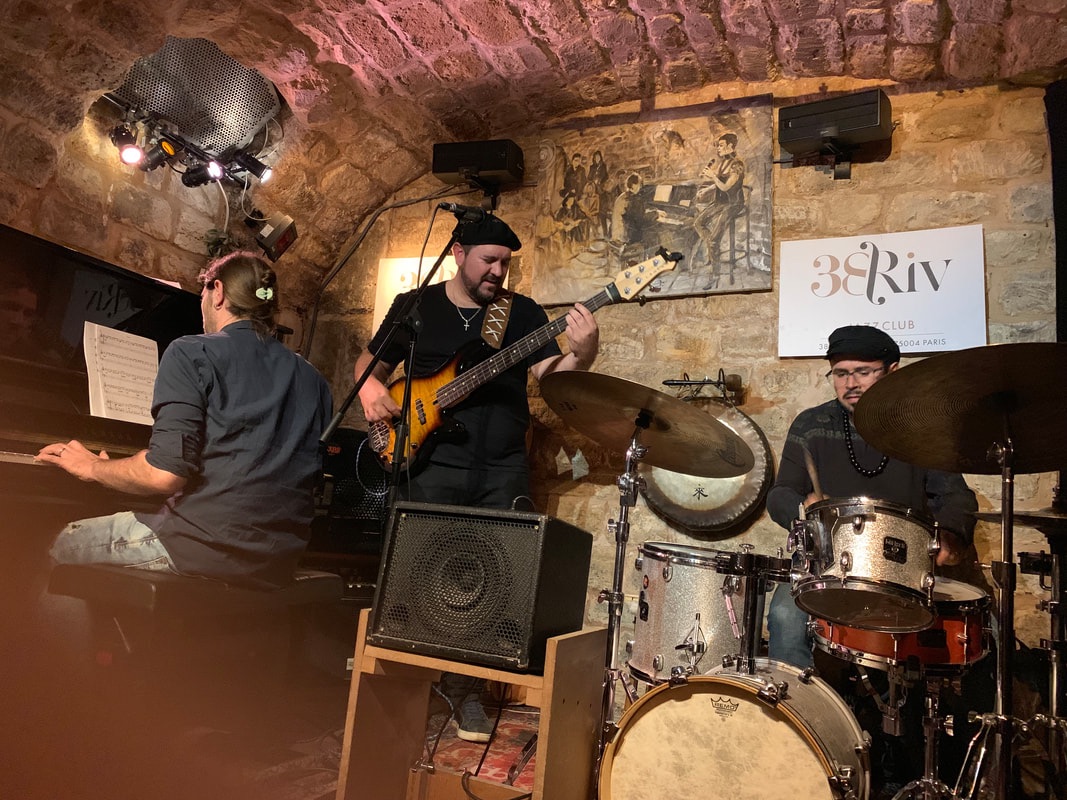 Some fun links: Django at Saint Germain: https://www.youtube.com/watch?v=frHLyMHfObo
Ahmet Gulley at Bilboquet: Today the waves are rich and chocolatey, and the sky is the color of a pewter pot with a small sliver of white clouds above it reminiscent of the foam on a cappuccino. And the sea is still there. The immense Pacific Ocean. And I love it no matter what color it is. The waves and changing tides bring in the rocks at night or carry them away. Some mornings I see them piled up maybe 3-4 feet deep and then the morning after they’re gone. Where did they go? Where did you take them Mother Mar? This is a place I really love. There is something about the water, a big expanse of water. In Lisbon I have the Tagus River and the Atlantic Ocean and here in Mexico, the Banderas Bay. So beautiful, so restful. It makes me feel like no matter what preoccupations I have at home, it’s all worthwhile. It’s worthwhile just being here where I can feel this energy. Yesterday I saw an incredible presentation on YouTube. It was about one of my favorite writers Antonio Tabucchi. They were discussing his visit to Mexico 10 years ago. He passed away since then. The tribute was hosted by the renowned Mexican writer, Juan Villoro. I’ve really been impressed with the few things that I’ve read by him. He has wonderful insights, a broad intellect and real feeling for the Mexican people and Mexico City. I loved his book called Horizontal Vertigo about Mexico City. He’s also a great leader for the discussion. Antonio Tabucchi was really inspired by my favorite poet and thinker, Fernando Pessoa, so that’s how I was introduced to his literature. A novel that blew me away is Requiem, an Hallucination. Tabucchi's mind was fluid. It took him across time and space and even realities. This book is full of meaningful encounters both with people, many no longer living, and foods and places that illuminate the lives of the people involved. It is a treasure. The excellent panel spent a lot of time on his novel Sostiene Pereira, (Pereira Maintains) one of my favorite novels. The story is very thought-provoking and I won’t go into depth about it now but Guadalupe Nettel, who did go into depth in the discussion, was absolute magic. By the way, there is a very nice film adapted from the book. One of Marcelo Mastroianni’s last films. It is in Spanish and Italian and well worth watching even if you haven’t mastered those languages. It can be seen on YouTube using the link below. The conference took place in Mexico City and there were several other people who spoke. An Italian writer, Andrea Bajani, who had been inspired by Tabucchi and considered him his mentor had visited his home in Italy after his passing. Tabucchi split his time between Italy and Portugal. Bajani spoke about visiting his old home in Italy which is still in place and can be visited although I don’t think it’s a tourist destination. The writer was trying to get a feeling for where Tabucchi wrote. He had an incredible office with a beautiful desk and all kinds of books and everything that was appropriate for for a famous writer, but Bajani decided that he wrote from the kitchen. I certainly believe that he wrote in the kitchen because from the things that I have read by Tabucchi, his heart was definitely there around the table, talking with friends, and talking about food and talking about dreams and talking about past lives and every day life. In fact, in Requiem an Hallucination he actually gives recipes for the traditional Portuguese dishes in his novel! He was a very enchanting (or enchanted) person and I’m so glad I got to see this revealing presentation by people who actually knew him. So now I’m at the beach contemplating my good fortune having these treasures presented to me without even asking. Thank you universe! You can see the discussion on YouTube at the site below. It is in Spanish and Italian. https://www.youtube.com/live/CNLlQlHo-fA?si=ATWuamtSIcdkkP Sostiene Pereira on YouTube. also in Italian and Spanish. The book is available on Amazon in English under Pereira Maintains. https://www.youtube.com/watch?v=ojApfyDG7Oc Antonio Tabucchi
Sometimes I wake in the middle of the night, a new thought having occurred to me. Last night it pertained to a favorite poem by Fernando Pessoa from his celebrated book Message published just one year before his passing. The book was a tribute to the seafaring monarchs and dons of Portugal illustrating the importance of the sea to both him and the country. My favorite is that dedicated to D. Dinis. I love the imagery but wished to know how it related to King Dinis. I was surprised with what I found. Dom Dinis, son to Alfonso III of Portugal and Monarch for 40 years during the late 13th and early 14th centuries was known as the Farmer King as well as the Poet King. His reign was admired for its industry and excellent administrative reforms which led Portugal’s growth and economic progress. One of the revealing things I learned was that in order to protect the agricultural crops, he enhanced his father’s project of planting pines near the coast of Leira since known as Pinal de Leira. This project had a dual purpose both of protecting the crops from encroaching sand and to produce the lumber to build the many ships needed for commerce and exploration. D. Dinis developed the exportation of goods, both agricultural and of other resources. He was very popular although at times considered somewhat single minded. The pines play an important role in my memory of a trip through the area on the way to Fatima and on to Coimbra. I will not forget the breathtaking scent of sweet pines through the open window of our car as we passed the area around Fatima. It brought to mind images of my mother’s aunt Ethel’s living room with the scent of pine and her pretty little ceramic plates picturing pink Dogwood on the coffee table. I was looking for those pines on a recent trip to Nazare not knowing the history nor realizing that the pines planted by D. Dinis and his father were farther north, closer to Fatima. The news of their location gave me hopes of someday visiting the area and the evocative pine trees again. Alas, I then learned that the forest was 86% destroyed by a wild fire in 2017. There is a reforestation project going on and eventually there will again be that enchanting forest that inspired both D.Dinis and Fernando Pessoa but it may not be in my lifetime. Important to my interest in D. Dinis was his talent as a poet and a troubadour. Pessoa’s poem honoring him begins. (D. Dinis—Message, as translated by me) At night he writes his friend song The planter of ships to be, And he hears within himself a murmuring silence: It is the sound of the pine trees that, like wheat from the Empire, undulate each without awareness of the other A brook, whose song, young and pure, seeks the ocean; And the whisper of the pine forests, the dark swell, It is the present sound of that future sea, It is the voice of the land longing for the sea. From Message D. Dinis Fernando Pessoa Na noite escreve um seu Cantar de Amigo O plantador de naus a haver, E ouve um silêncio múrmuro consigo: É o rumor dos pinhais que, como um trigo De Império, ondulam sem se poder ver. Arroio, esse cantar, jovem e puro, Busca o oceano por achar; E a fala dos pinhais, marulho obscuro, É o som presente desse mar futuro, É a voz da terra ansiando pelo mar. I found one of Dinis’ songs, recorded on YouTube both in medieval Galician/Portuguese and also by the famous Fado singer Amalia Rodriguez. Both are enchanting calls to the sea to reveal the whereabouts of the distant lover. Dinis also was responsible for uniting the country around the national language of Portuguese.
In Pessoa’s poem I envision the forest of pines, ships waiting to be built, and eager seamen longing for the sea. It appears almost mystical. I continue to hear Pessoa’s voice and feel his love for nature as he sings his love song to "O Mar". Antonio Costa Pinheiro in his works honoring the spirit of Pessoa speaks to us of this longing. Young seafaring men leave wives and loved ones for the siren of the sea (Painting in Fado Museum Lisbon) 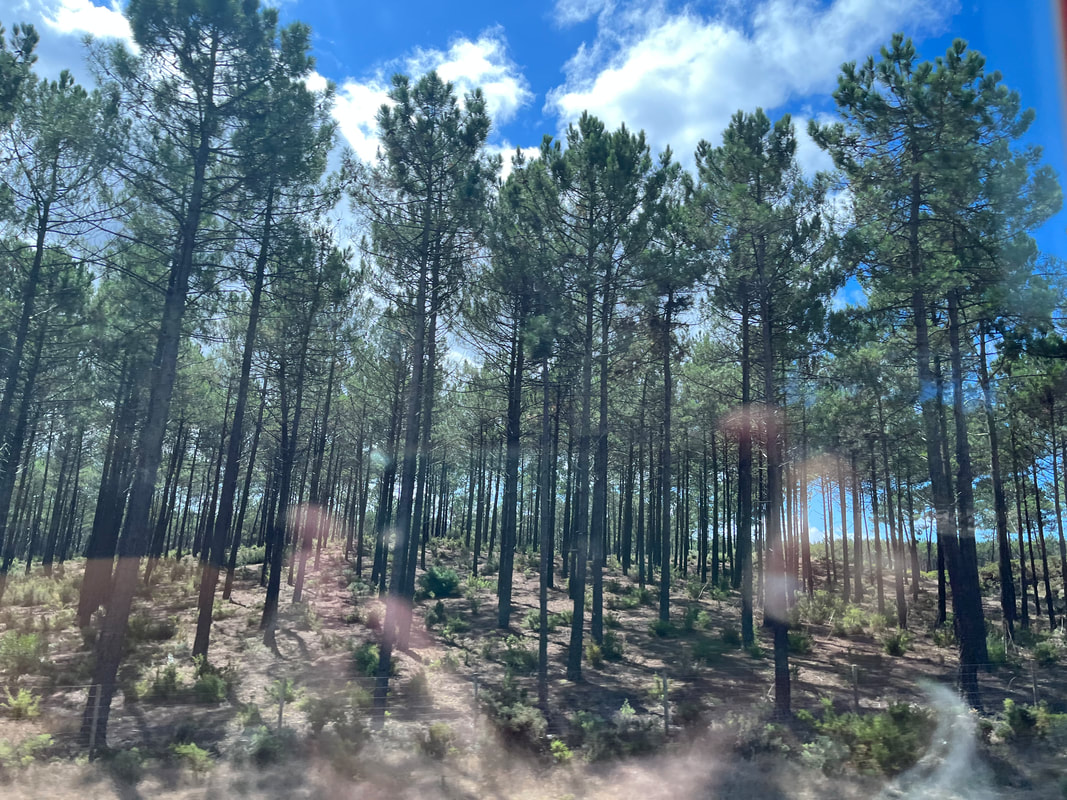 A sea of Pines as planted by the Farmer King in the Middle Ages Antonio Costa Pinheiro painting of Alberto Cairo's Glasses (Cairo was one of Pessoa's heteronyms) 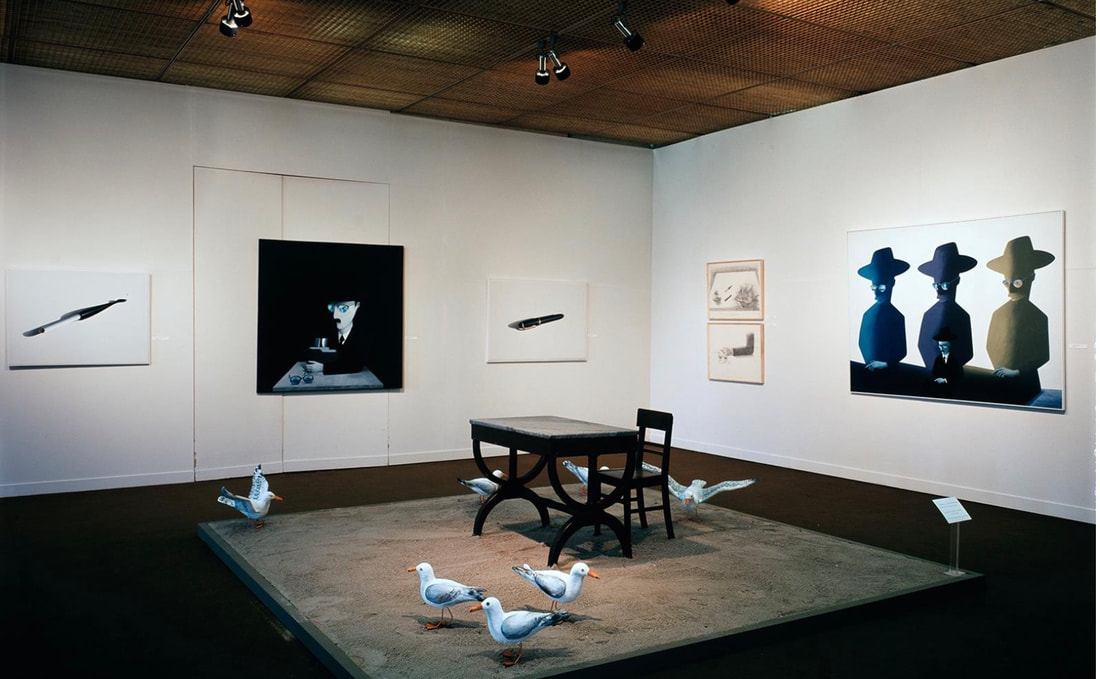 Exhibit at the Gulbenkian Foundation of works by Antonio Costa Pinheiro honoring the life of Fernando Pessoa As I have commented before in my ramblings, I love literature. This is especially true when it ties into periods of history and philosophical ideas that occupy my mind. My travel is often inspired by the books I read. So ,In 2023, when the English translation of the poetry of Alvaro de Campos, one of Fernando Pessoa’s major heteronyms was published, I perked up. Richard Zenith, renowned scholar of Portuguese literature and author of the near definitive biography of Fernando Pessoa that came out last year in English, as well as numerous other important tomes and translations, wrote the book and translated the poems. I am a great fan of Pessoa and of Zenith who made a fuller understanding of Pessoa available to me and other lovers of Portuguese literature through his extensive research. Last year I was able to make a month long trip to Lisbon to honor my favorite poet and this year I returned with further study on my agenda. Happily, I was not only able to delve further into the poetry of Alvaro de Campos but also brought with me the images of other writers I admire who also love(d) Lisbon. Pascal Mercier, whose real name was Peter Bieri, passed away this year in July. He was definitely on my mind. Bieri was a Swiss Philosopher and novelist and the author of the book Night Train to Lisbon, written in German and translated into many languages. (Barbara Harshav did the wonderful English translation). In the novel he paints a poignant picture of Lisbon during the estado novo, the government of Antonio Salazar. Through his novel he speaks to us of the resistance to his regime and the repression of any ideas that did not fit into his agenda. He also paints a realistic picture of the people who lived through it. The story is laced with many profound thoughts by the main character Amadeu de Prado and is beautiful as well as thought provoking. The film based on the novel is very well done although abbreviated and somewhat altered. With Jeremy Irons as narrator and Bille August as director it can’t help but impress the viewer, shed some light on the period, and supply a lovely photographic view of Lisbon and its people. Another writer I admire, Antonio Tabucchi, an Italian who loved Lisbon so much that he finally moved there and became perhaps more Portuguese than Italian writing many books in the Portuguese language. My favorite of his books is Pereira Maintains, translated into English by Patrick Creagh. Also running in a close second place is Requiem, a Hallucination, translated by the remarkable Margaret Jull Costa. Tabucchi’s love of Portuguese stemmed from an early introduction to the works of Fernando Pessoa. Both books speak of lonely people struggling with important concerns about the purpose and meaning of life and its finality. On my trip I also developed a spiritual kinship with the 19th century Portuguese master, Eça de Queiroz and spent many hours tracing the footsteps of his characters from The Tragedy of the Street of Flowers. I had coffee nearly daily in his favorite pastry shop Cister, once known by a different name when frequented by the writer. Queiroz’ images of 19th century European society rival those of Balzac and Flaubert. His focus on truth and the perilous lives of women during this period illustrated in his works in a fashion considered scandalous at the time kept the family from publishing the book while the choice was under their control. The book was only published after his death and after copyrights expired. This lovely month in Lisbon also carried me through time and history through Jose Saramago’s Baltazar and Blimunda which took me into the early 18th century with the torturous and, to some minds, senseless building of an extravagant convent at Mafra and a fantastical flight in a mechanical bird, brainchild of a priest they befriended, all under the watchful eye of the fear inspiring inquisition. I set out the afternoon of August 29 on an Air France flight to Lisbon with a stop at Charles de Gaulle airport and arrived in the early afternoon in Lisbon to the same apartment I stayed in last year near the tranquil and at the same time exciting Príncipe Real district. My first stop was a wonderful Fado concert at a special venue I visited last year, O Canto do Poeta in the colorful, historic Alfama district. There is nothing like a bit of saudade to tune you into the Portuguese temperament. My neighborhood placed me in close contact with much of the action in the books I was reading which took place in and around the Baixa, Chiado, Bairro Alto and Alfama districts of Lisbon inspiring many exploratory walks as I contemplated the lives and works of these writers. My interest in the literature of Portugal began with an exhibit at the Gulbenkian Foundation in 1982. There, at the very entrance of the museum was a fascinating exhibit by a renowned Portuguese artist Antonio Costa Pinheiro. Although at that time I knew no Portuguese, I was able to contact the artist and begin my inquiry into the life and work of his subject Fernando Pessoa. My correspondence with the artist and research into his life and achievements led me to purchase several of his pieces within my financial reach but even more importantly informed me about the resistance, imprisonment and later exodus of the young creative community in Lisbon during the Salazar dictatorship. Wishing to honor the painter who’s creative space was shared between his adopted city of Munich and Quelfes near the fishing town Olhao in the Algarve of Portugal where Costa Pinheiro decorated the walls of the famous fish market, I planned a short visit to the area. Alvaro de Campos was purported to have been born in nearby Tavira so the area was definitely on my list and I very much enjoyed basking in the light of the artist and contemplating impressive words of the poet. While in Lisbon, I also visited the Alameda Metro station in Lisbon where Costa Pinheiro created great mosaics from his Os Reis collections. They were very impressive! From there I revisited the place of my original discovery of both artist and poet at the Gulbenkian Foundation just two metro stops away. Unrelated to literature but certainly to words I made a trip to Nazaré. You will ask “you surf?” No. But on that same 1982 trip I made a stop in Nazaré on the way to Spain and have never been able, nor wanted, to erase the romantic impressions I had of the quaint fishing town with its rustic boats on the beach lined up for daily fishing trips with the names of wives, lovers or other cherished friends on the helms. Although the town since the discovery of the big wave has grown and changed it maintains the remnants of those memories and I am so glad I made the trip. Photos: A man who probably could count his experience of human touch on his fingers and toes would have been astonished at the thousands of caresses he receives at A Brasileira in Lisbon every day. My last meal in Lisbon on this trip was here at the back of the restaurant where Fernando Pessoa and his friends planned their introduction of Portugal to the world as forerunner in culture, art and literature. 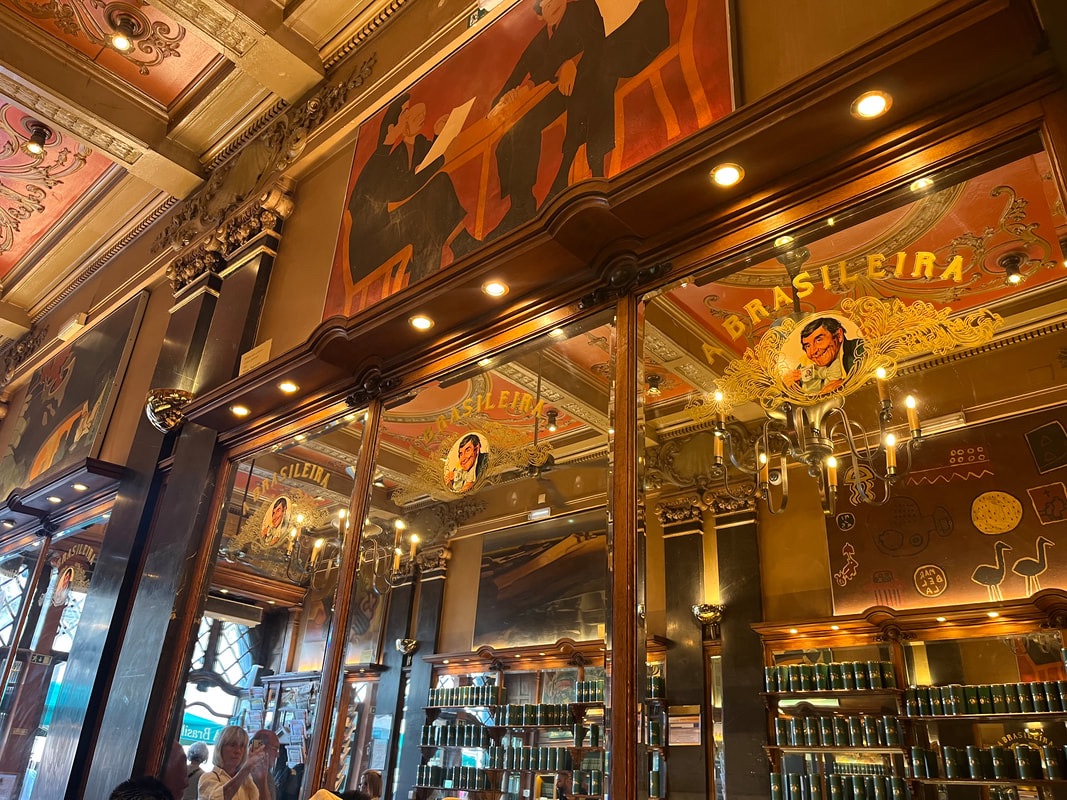 A rice pudding I could not resist! This lovely find quite by accident was a special treat for me. I was attracted by the painting in the window done by one of their clients showing Fernando Pessoa leaving the restaurant witnessed by characters of the French creation, Tin Tin. The building dates back to before the 1755 earthquake and is sometimes known as Pombal’s Cave. Pombal was responsible for the incredible reconstruction of Lisbon after the devastating quake. The building has been in the same hands since that time. Rosa is the owner of the wonderful, very Portuguese restaurant. Could this be the blue house that inspired Pascal Mercier in his novel Night Train to Lisbon? Can’t resist Pomegranates If not from this building then somewhere nearby the heroine of The Tragedy of the Street of Flowers jumped to her death. Eça de Queiroz ate here! Or so they say… and so did I, Cappuccino and toasts on a daily basis! Olhao, adopted home to famous painter and part of the resistance to Salazar, Antonio Costa Pinheiro. The town itself organized nearby communities and expelled Napoleon in 1808 from Portugal and then sailed a small craft called Bom Sucesso to Brazil to inform the Royal Family they could come home. There is a replica in the harbor in front of the fish market. Also a tribute to Ohlao in front of the church to commemorate the heroic action. Mosaics by Antonio Costa Pinheiro in Olhao fish market Here there is a special light that informs the work of Antonio Costa Pinheiro. Tribute to Fernando Pessoa’s Mensagem, Os Reis by Antonio Costa Pinheiro exhibited as mosaics at the Alameda Metro Station in Lisbon. Nazaré, romantic and inspirational fishing village becomes surf mecca. This is not my photograph, but just imagine! Right on the other side of the above point. This has been the short version of my wonderful trip. Every experience is subject to our own interpretation, the picture we form of reality to satisfy our longings. I will close with lines from Pascal Mercier in the novel Night Train to Lisbon:
“Life is not what we live; it is what we imagine we are living.” So I wish you all a bon voyage and a satisfying outcome. I can tell you that I am enriched by my explorations and they always seem to bring me pleasure. |
Christie SeeleyI am a writer who covers film, art, music and culture expanding on my own experience, travels and interests. My goal is to explore and to share, hopefully inspiring my readers to follow my lead and further enrich their lives as well. Archives
March 2024
Categories |

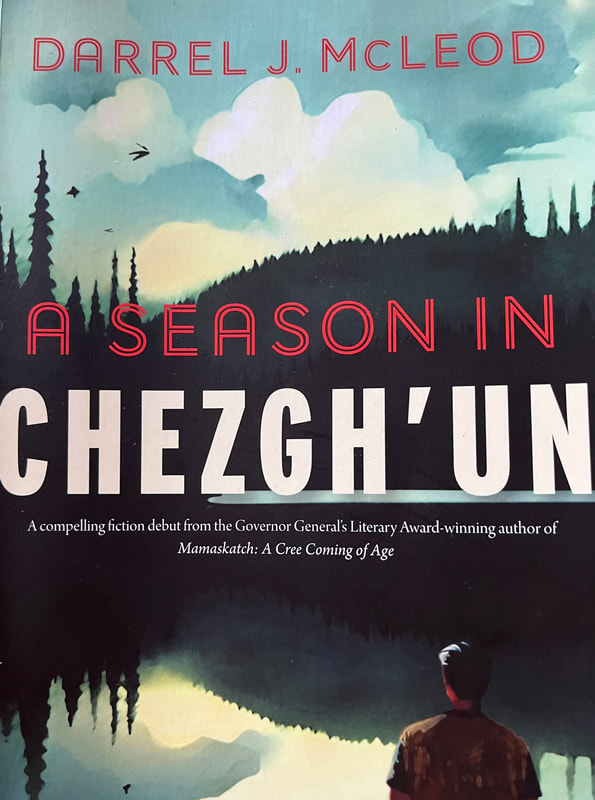
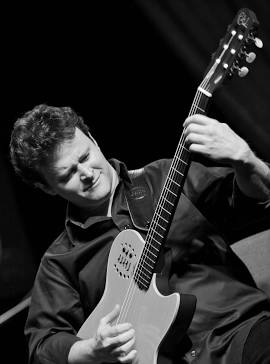
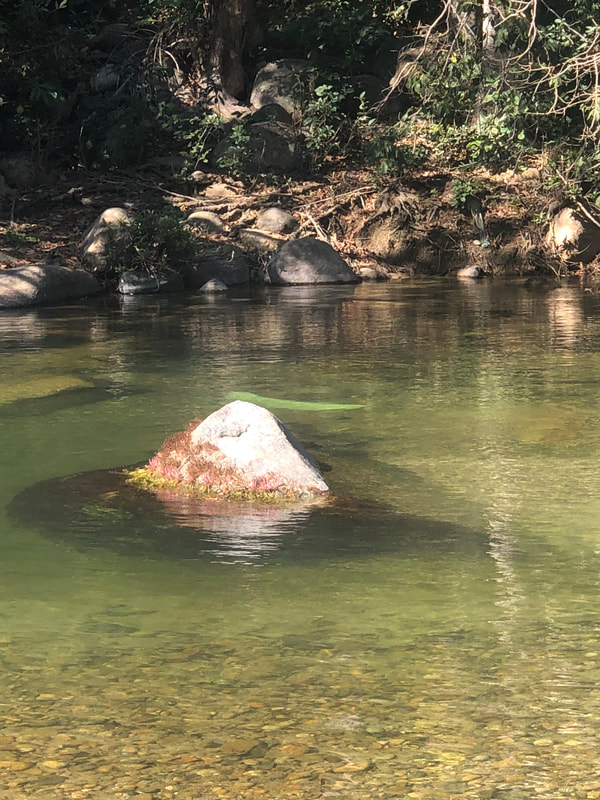
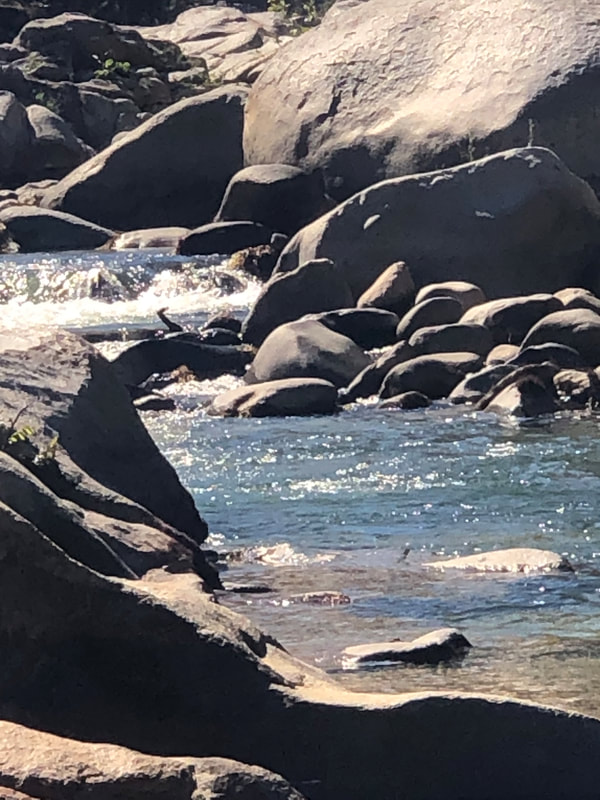
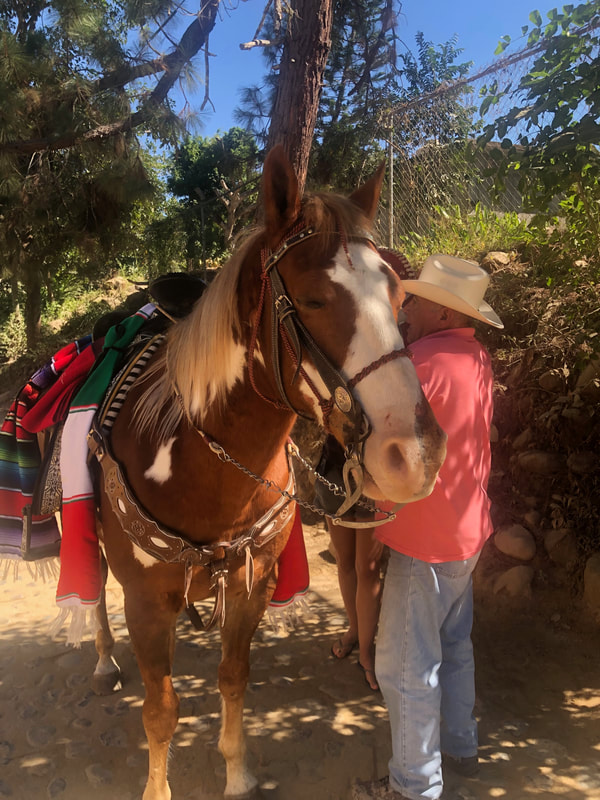
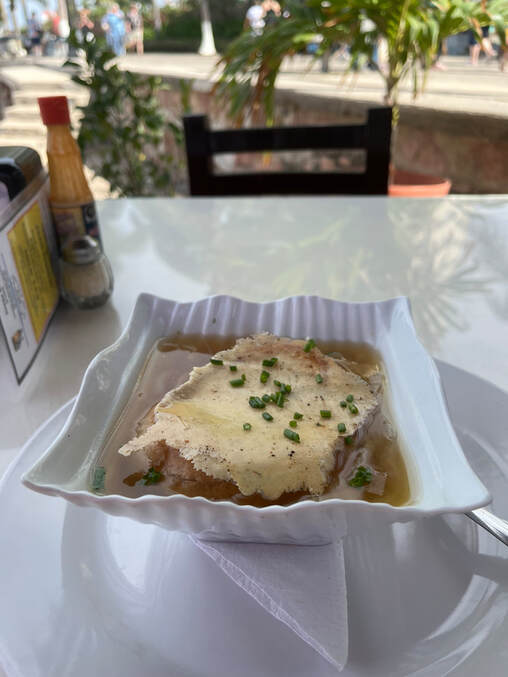
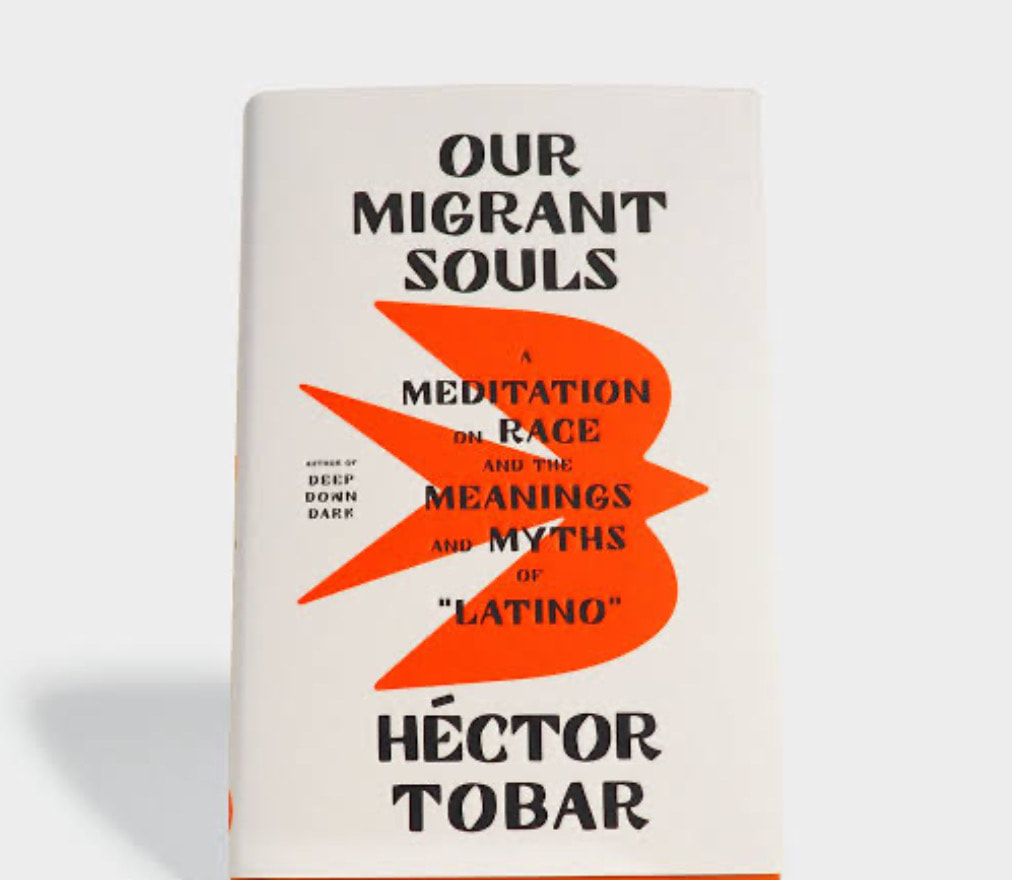
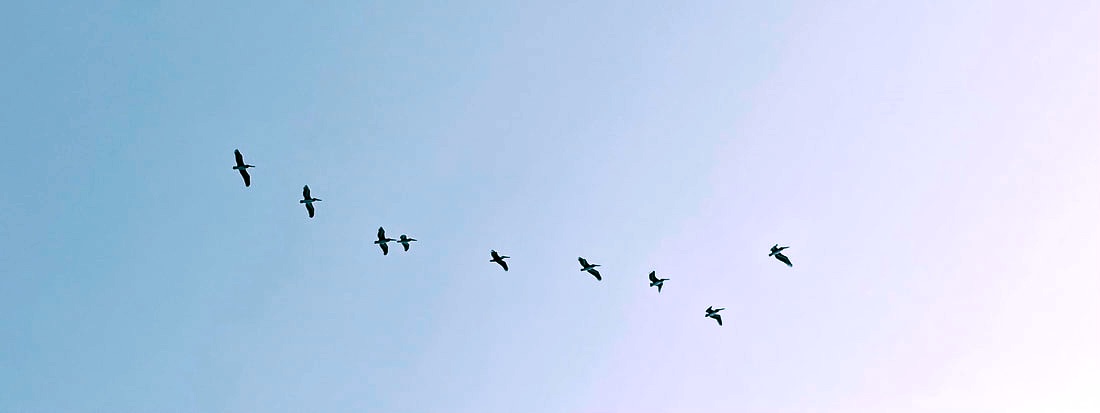
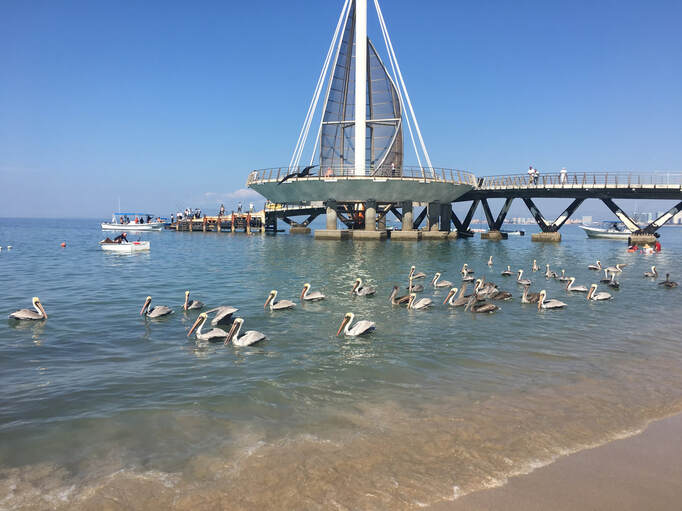
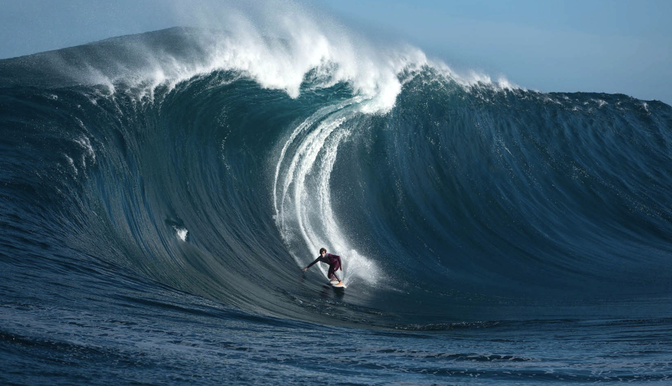
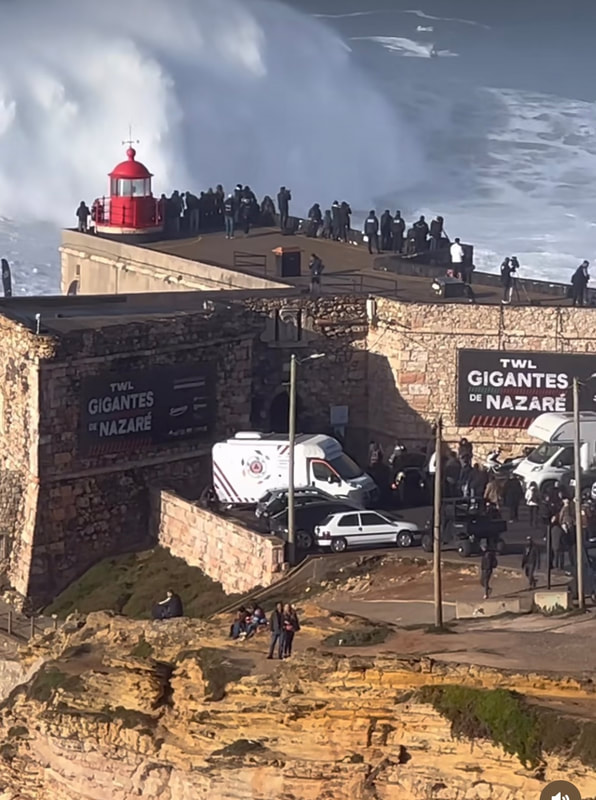
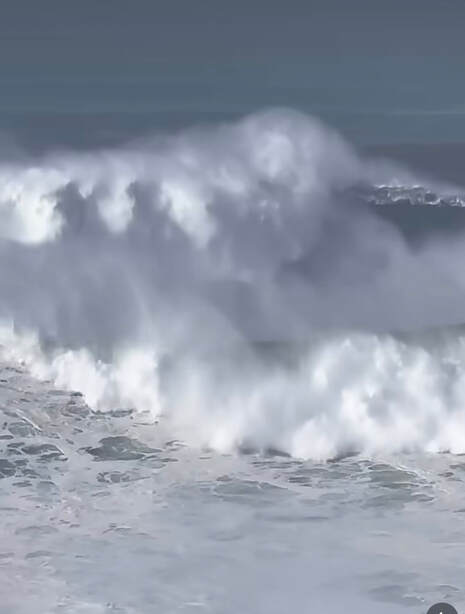
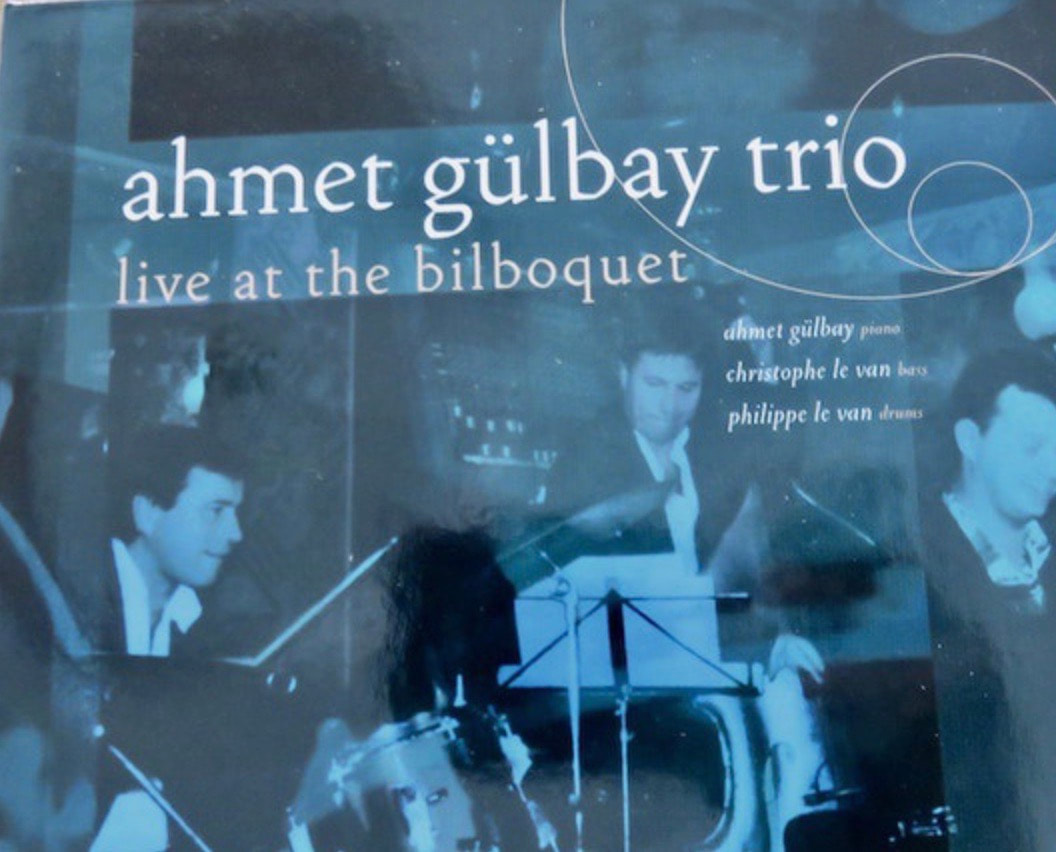
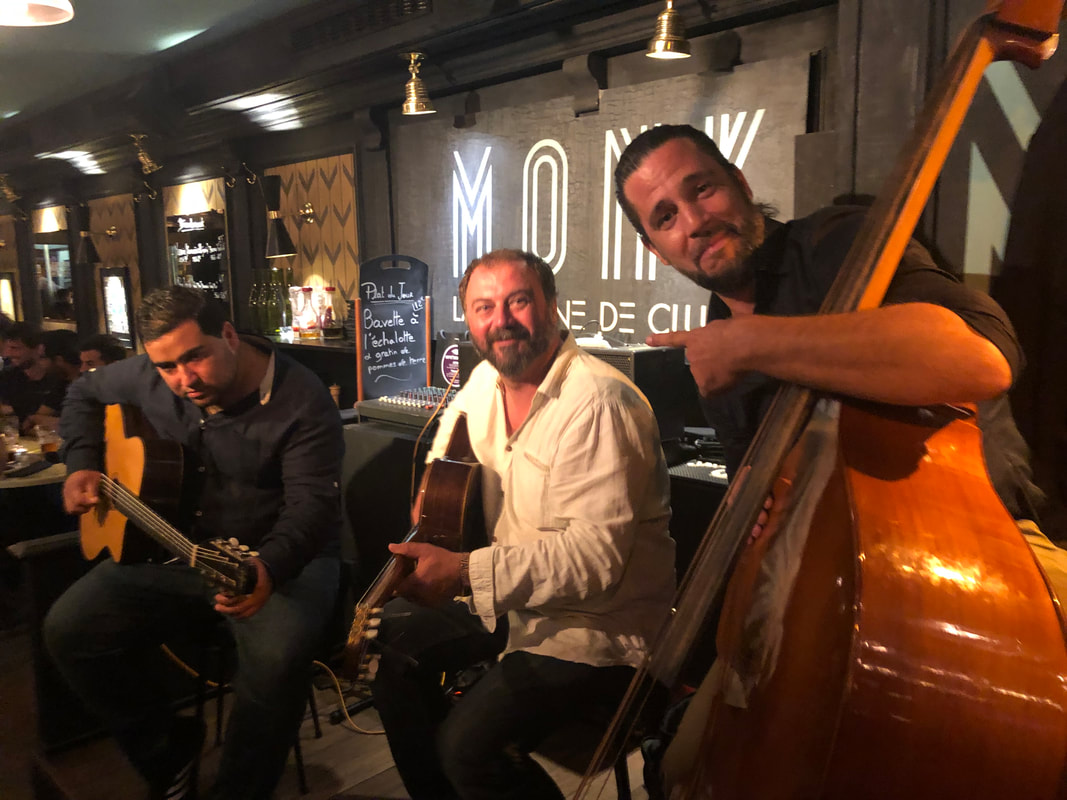
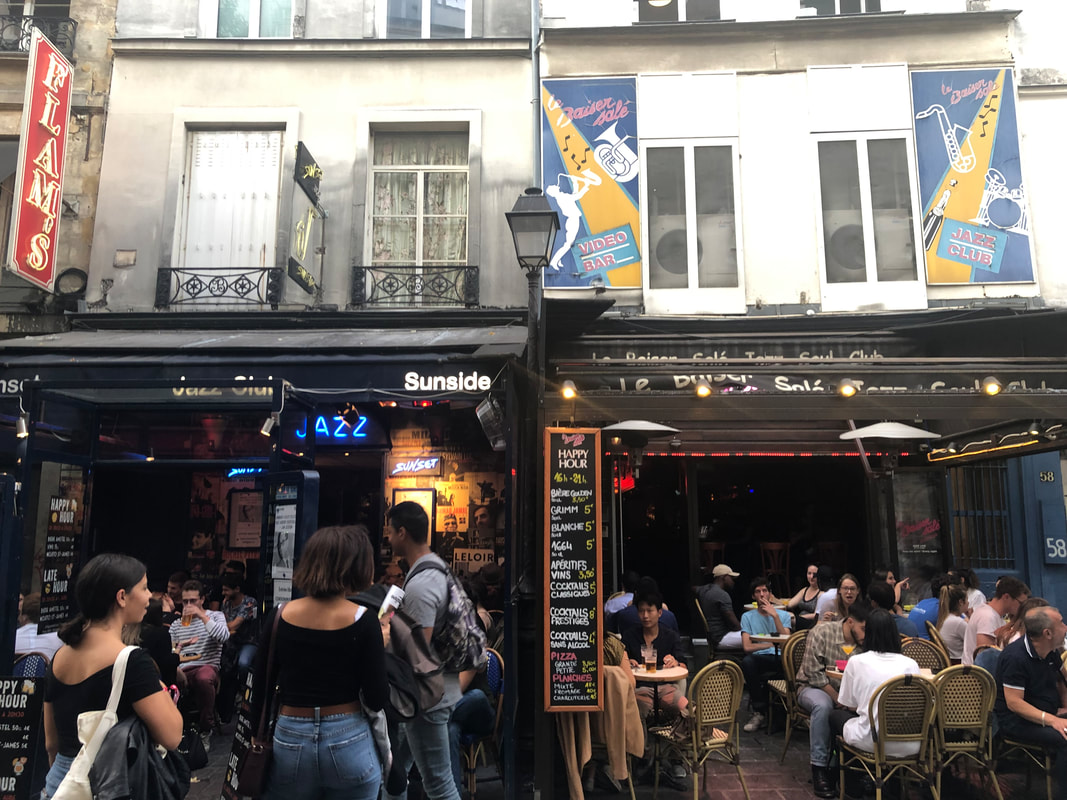
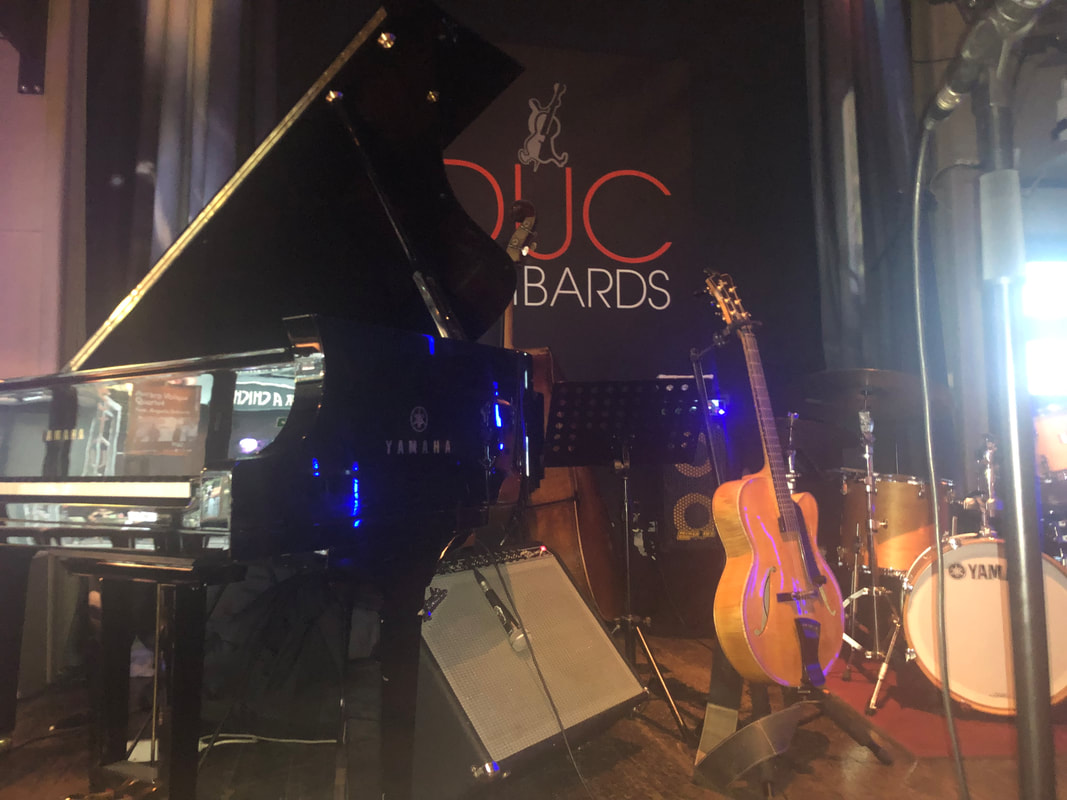
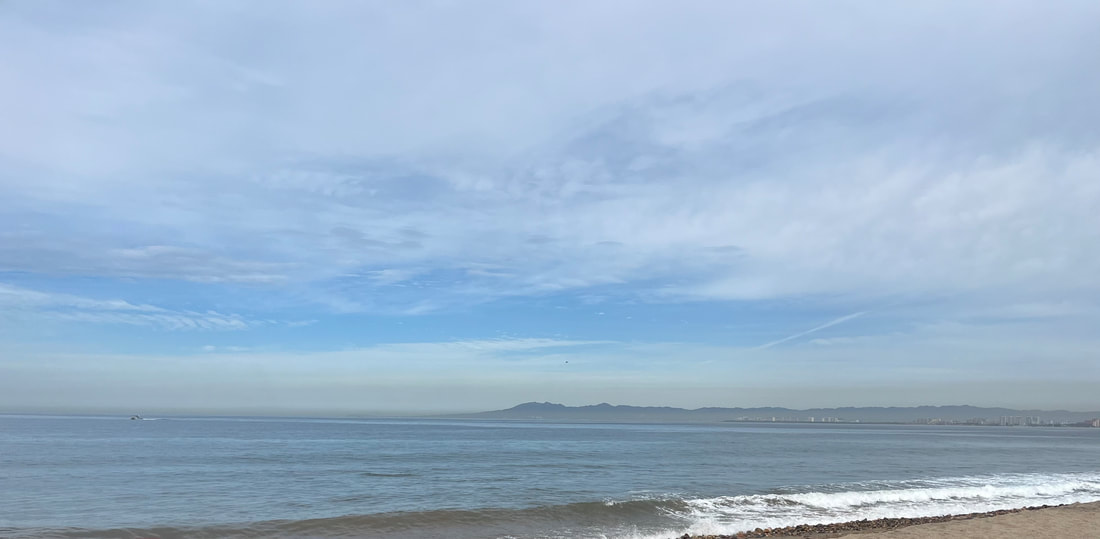
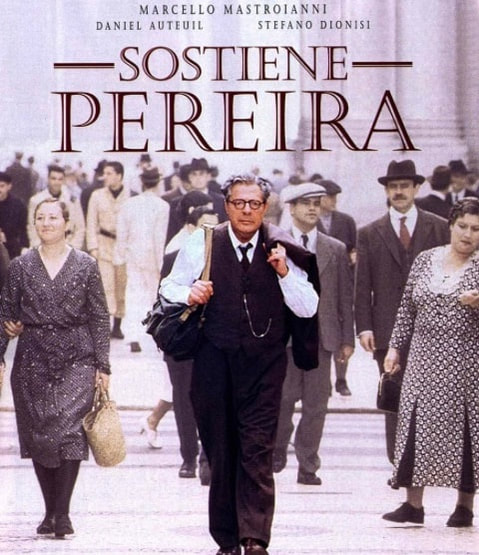
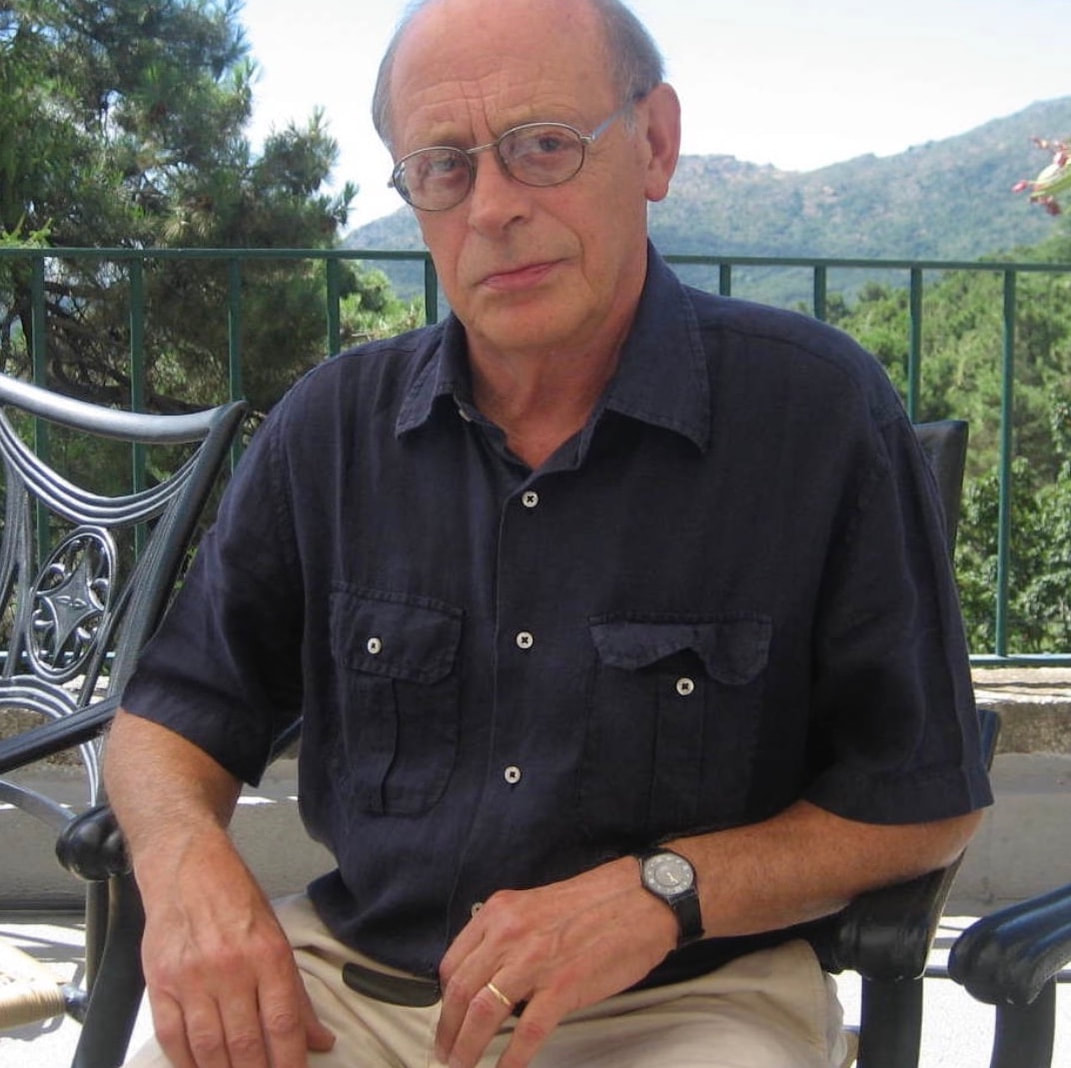
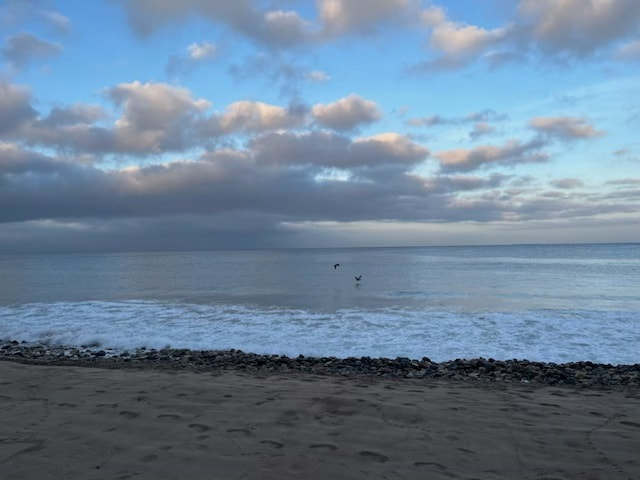
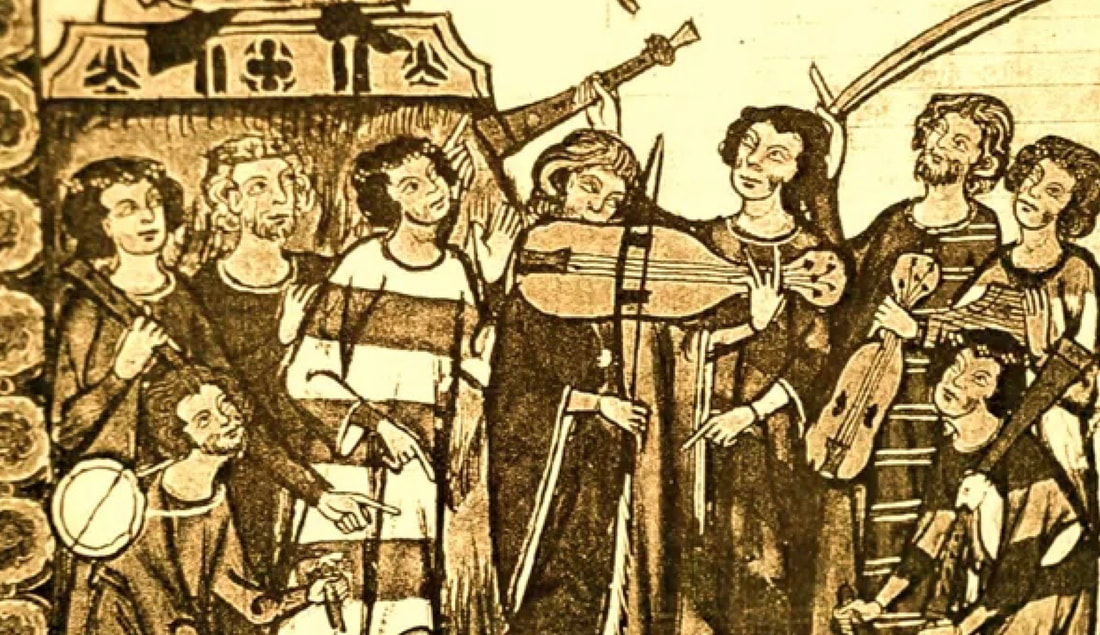
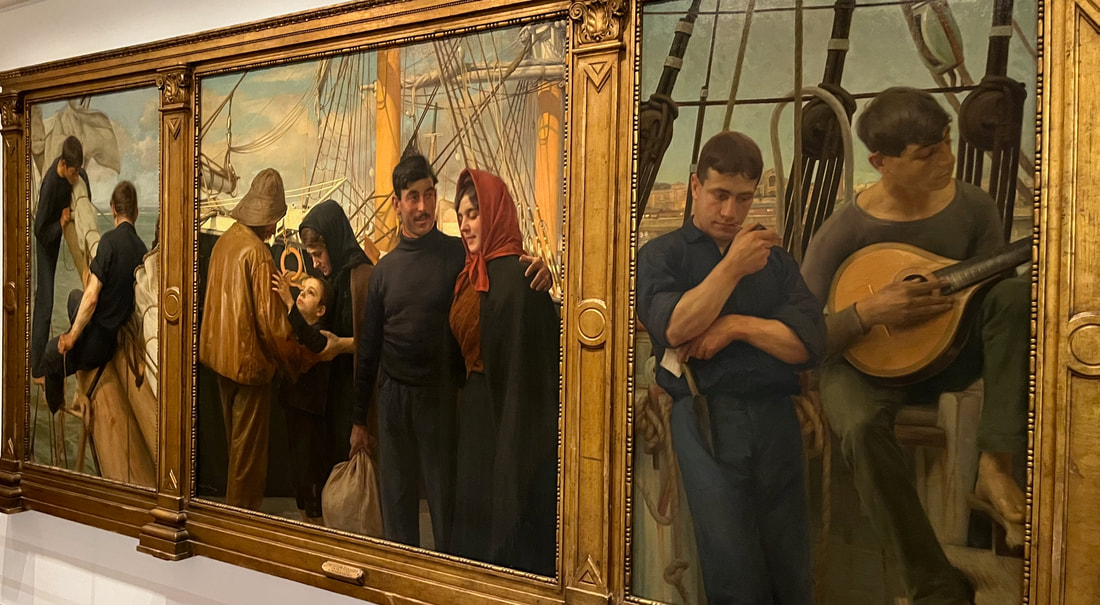

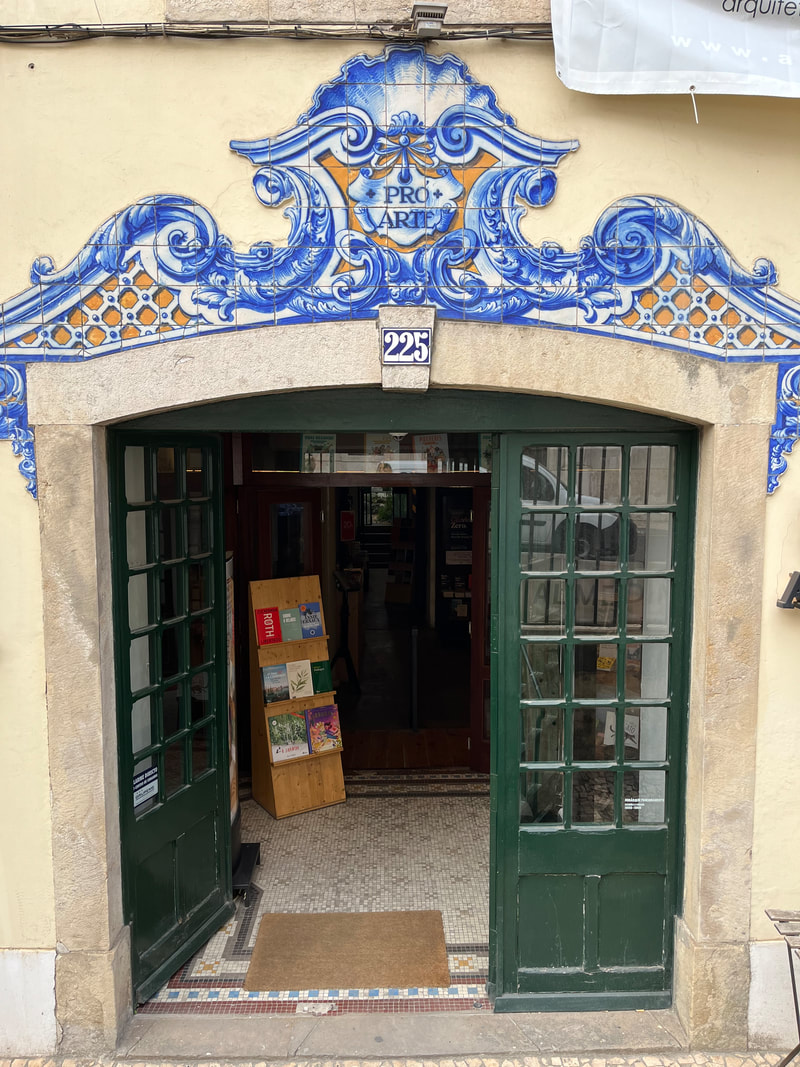
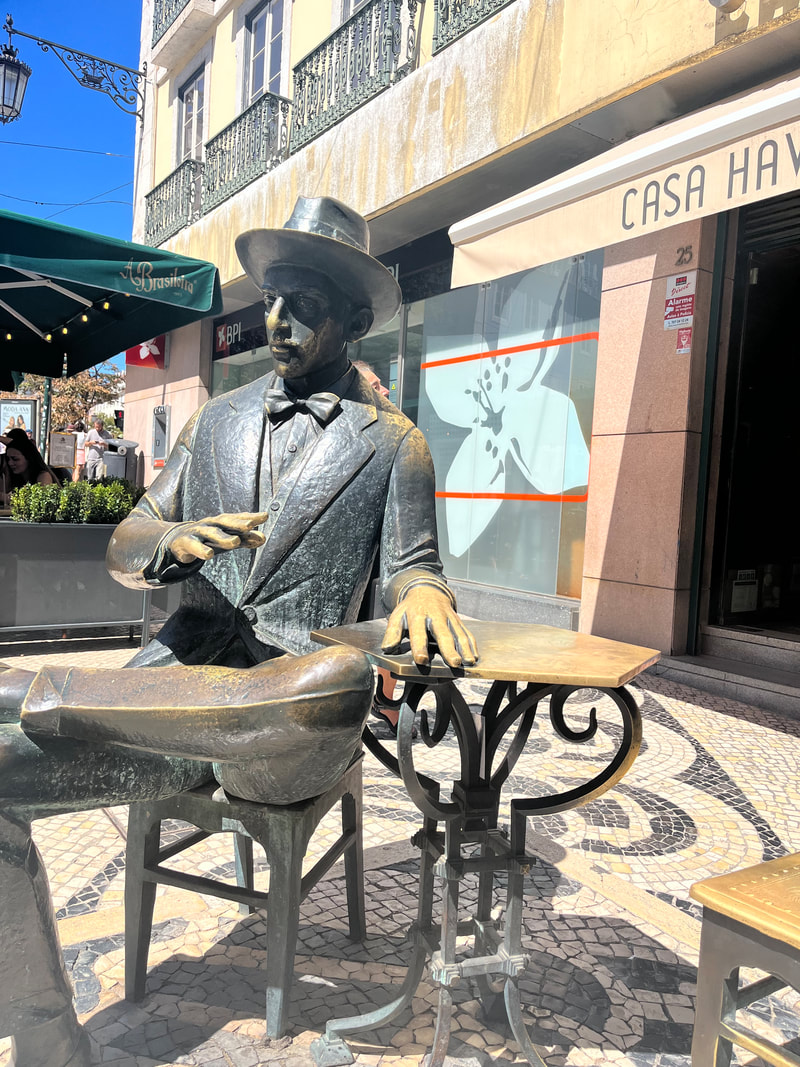
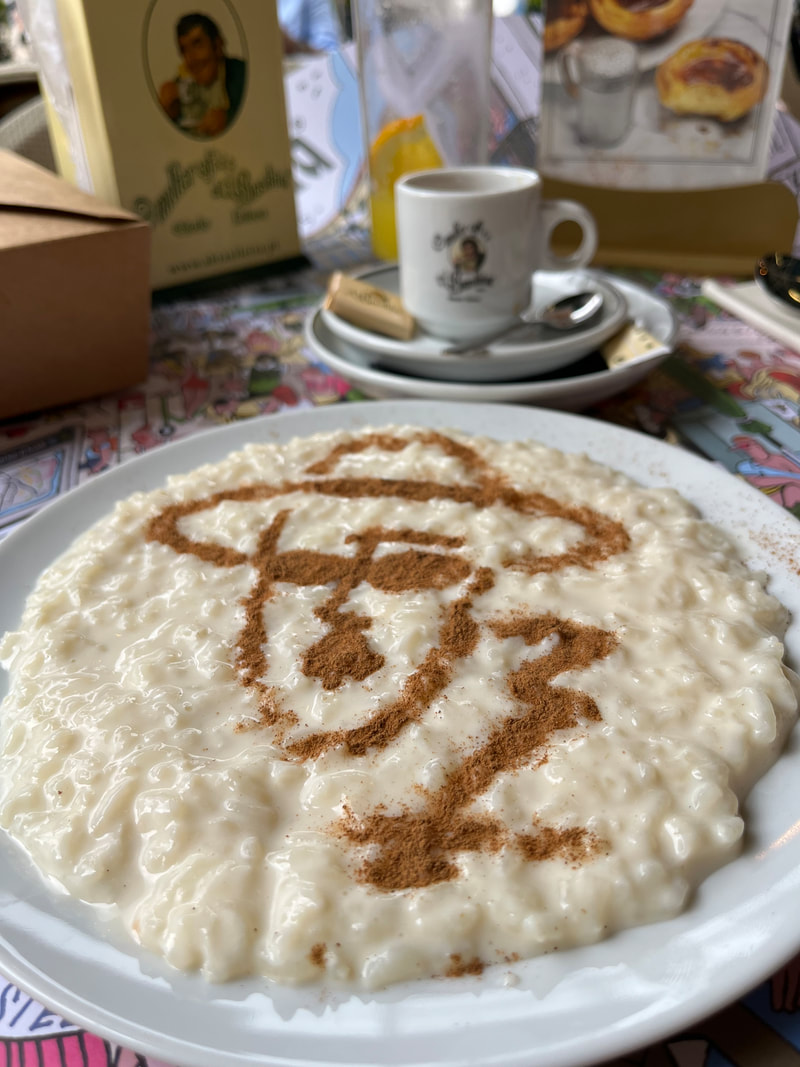
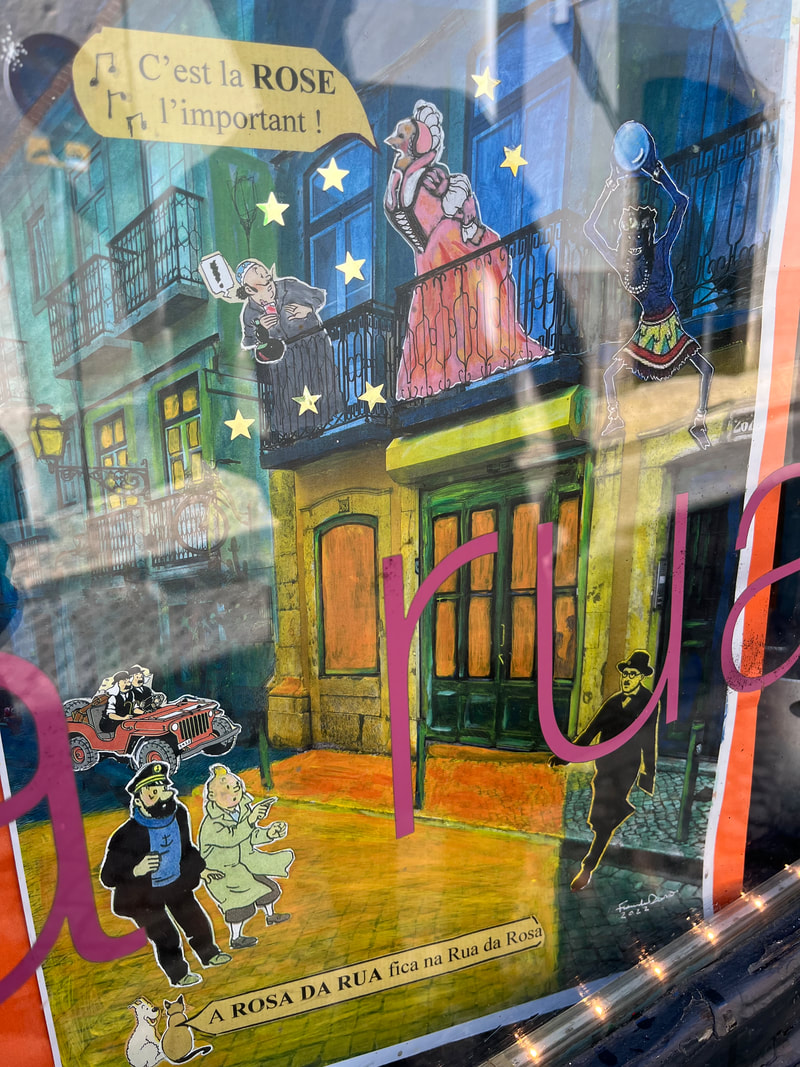
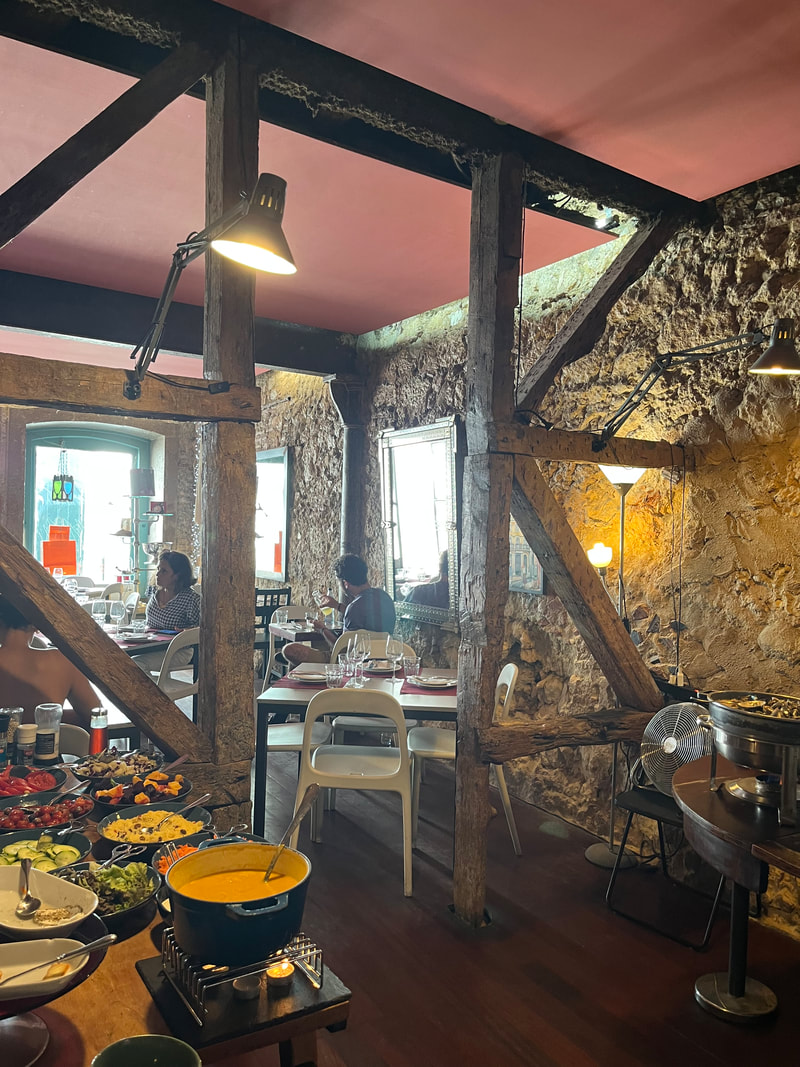
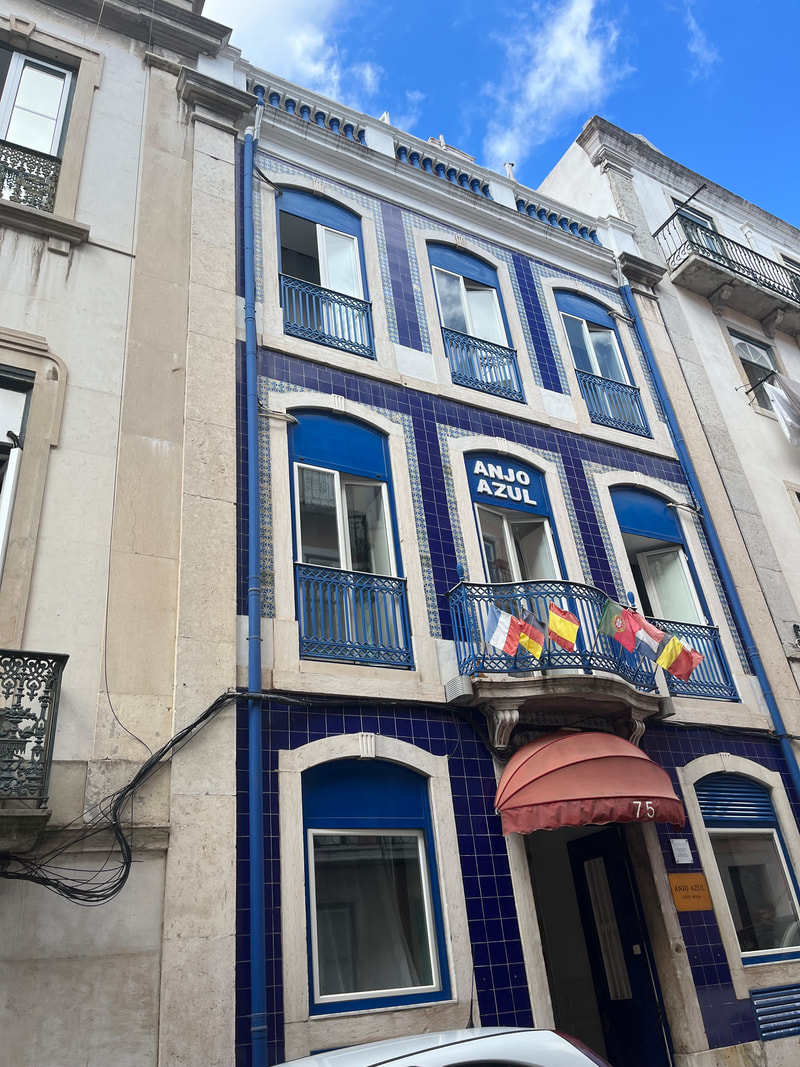
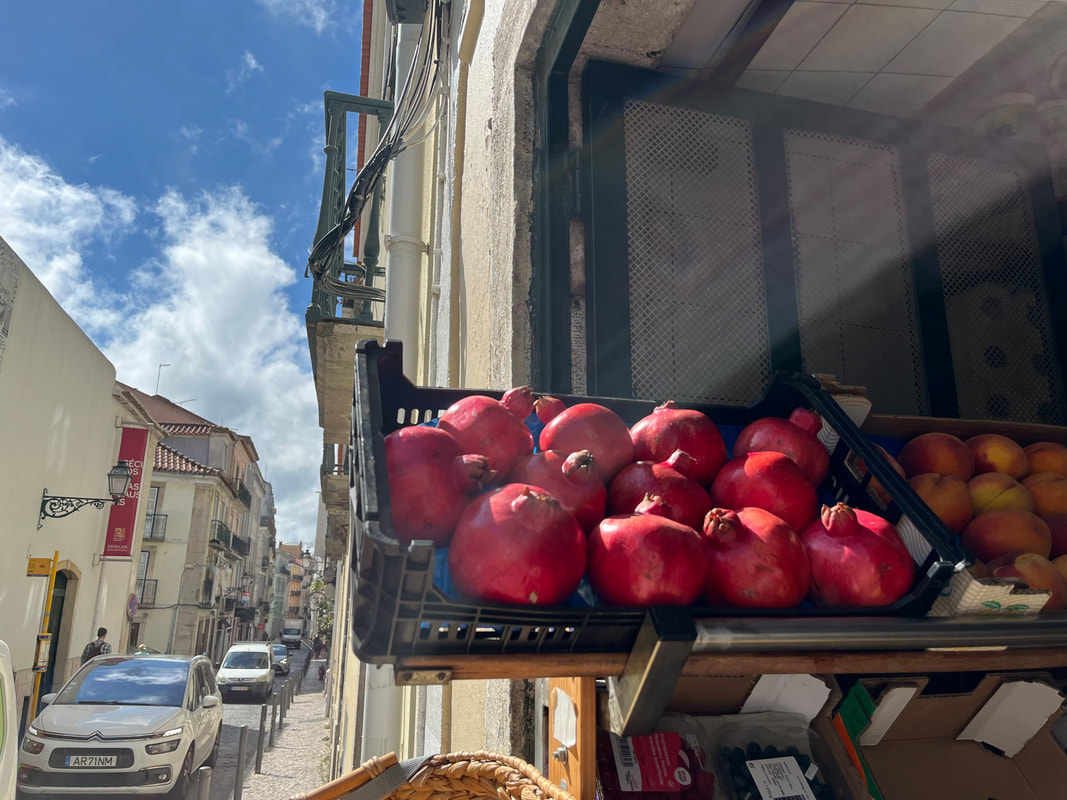
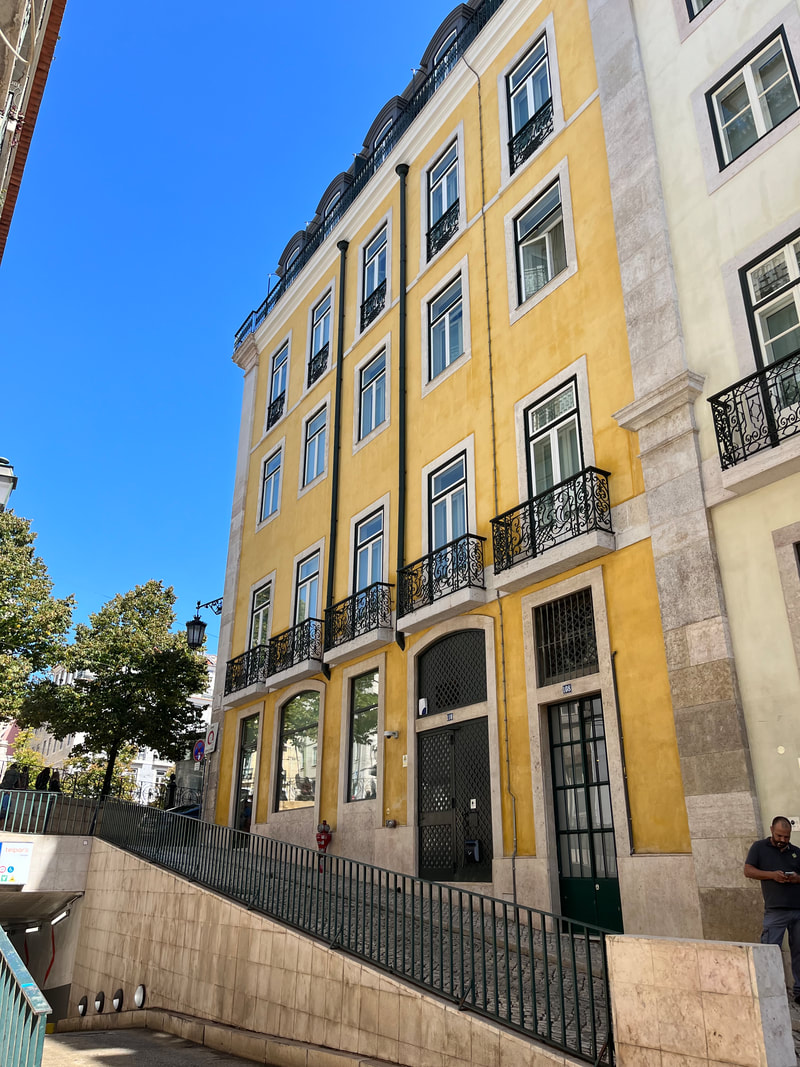
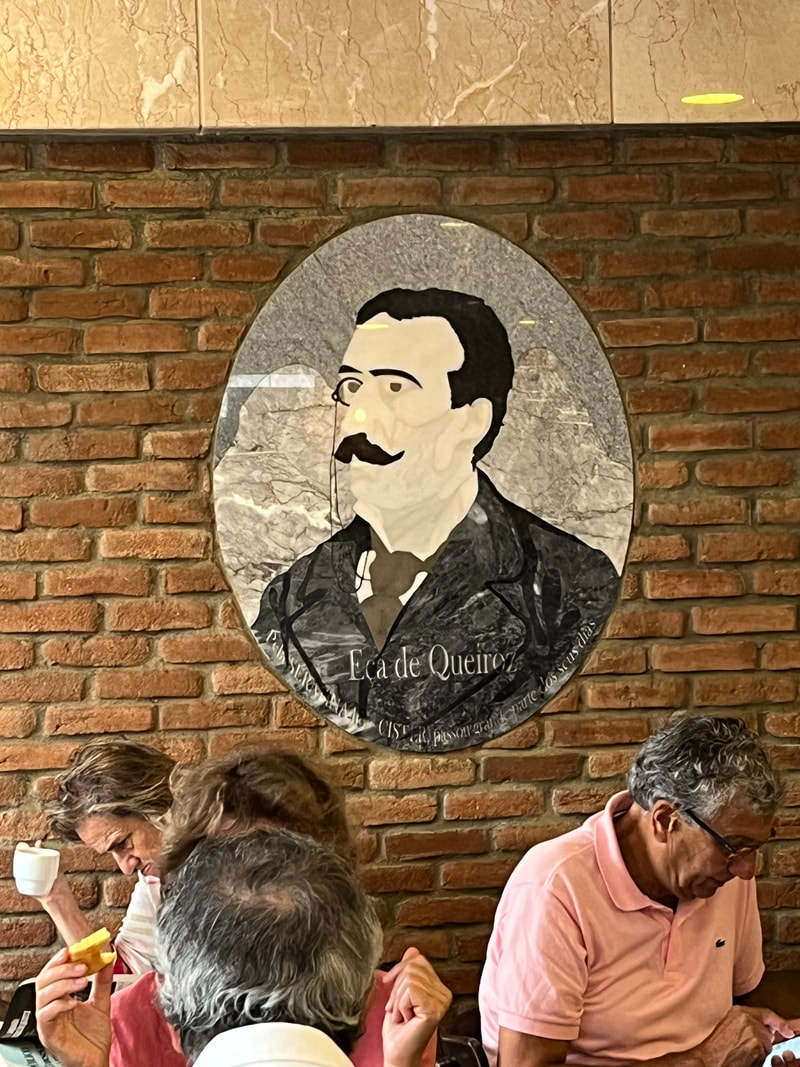
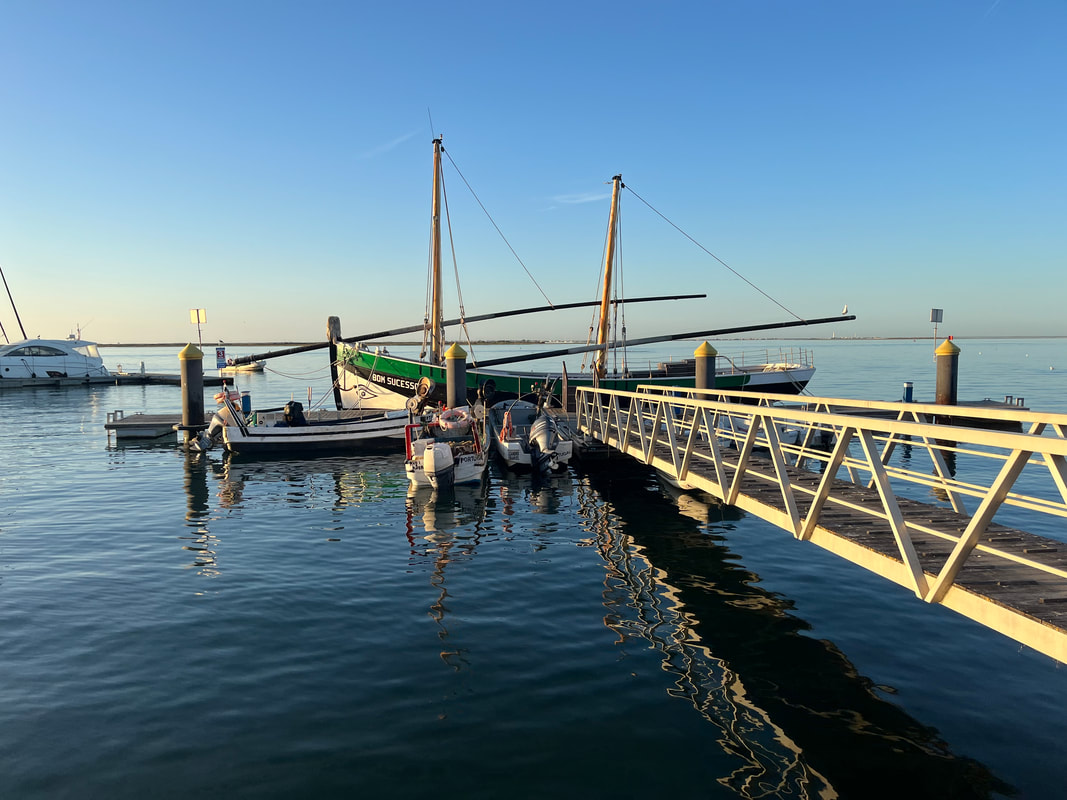
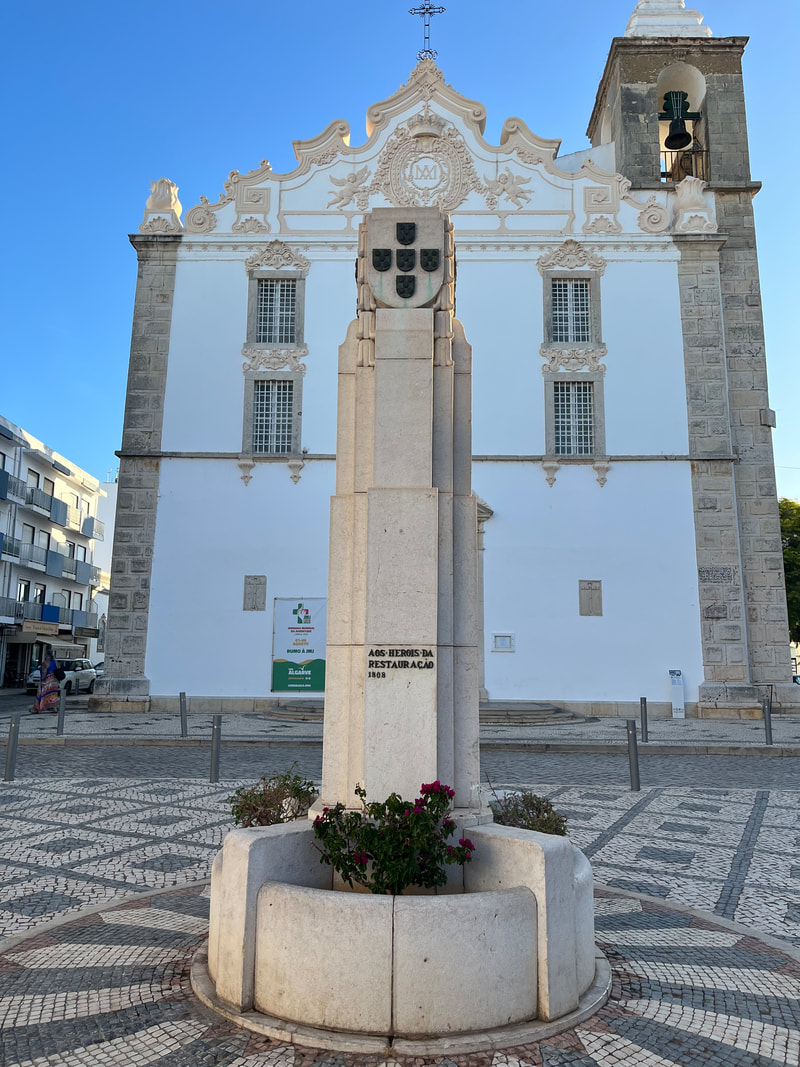
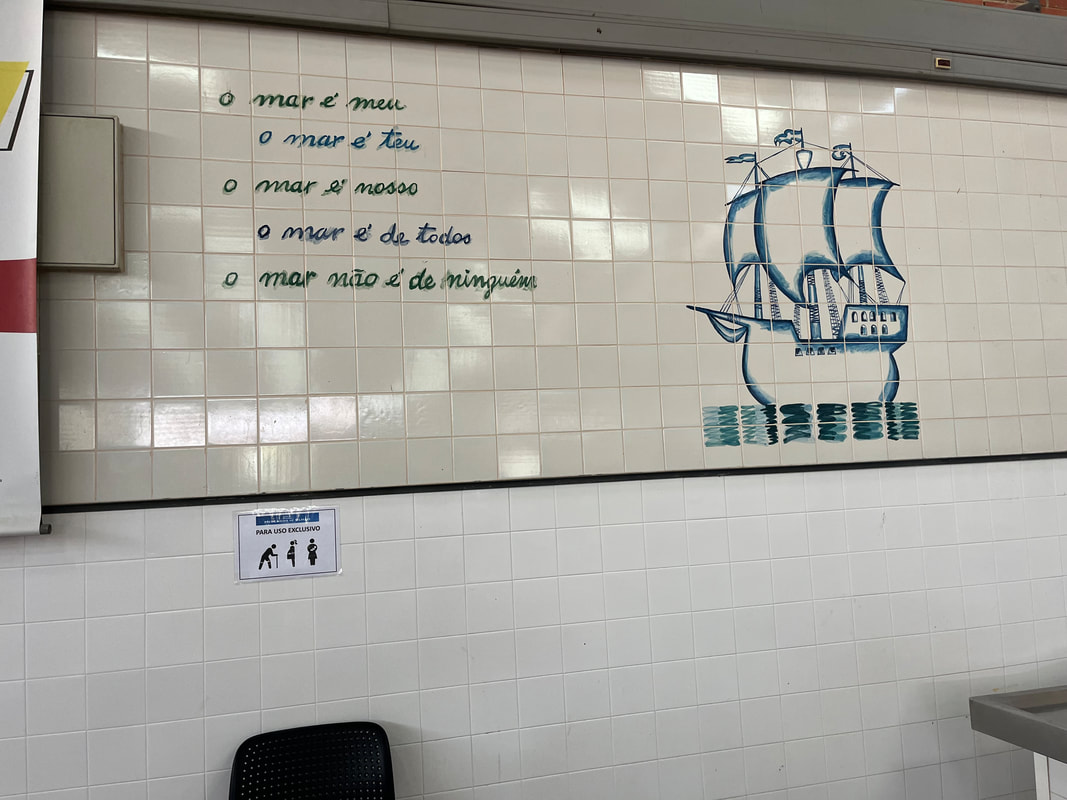
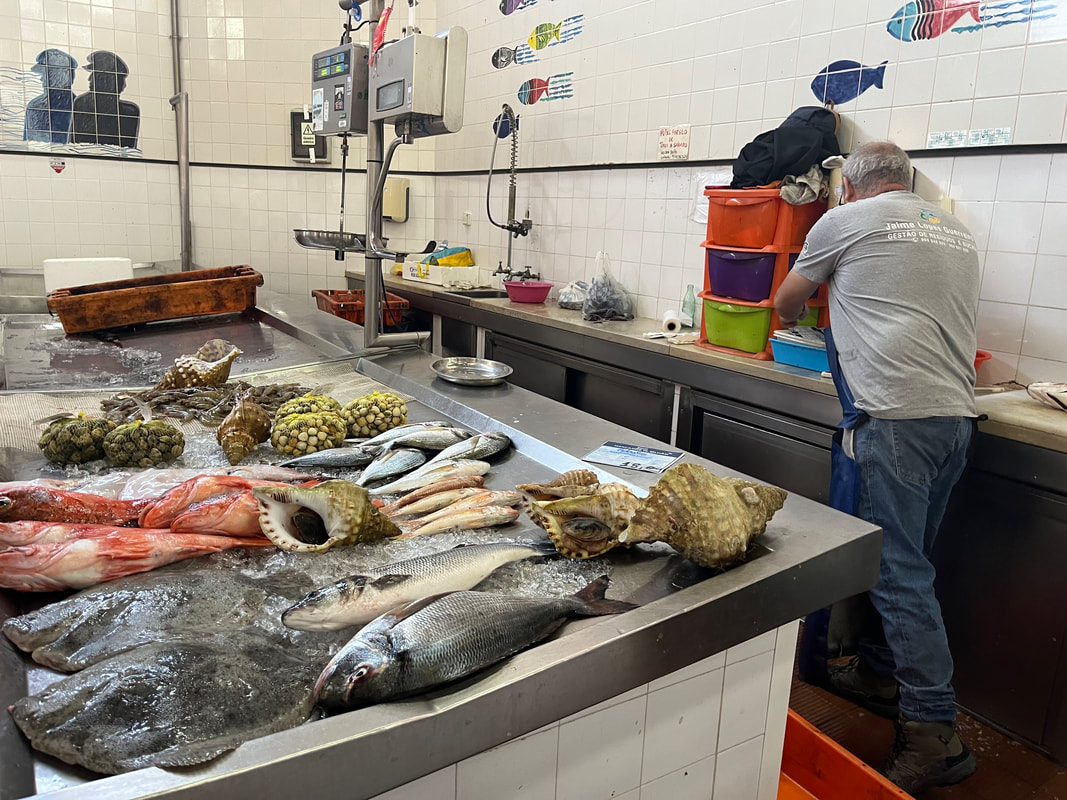
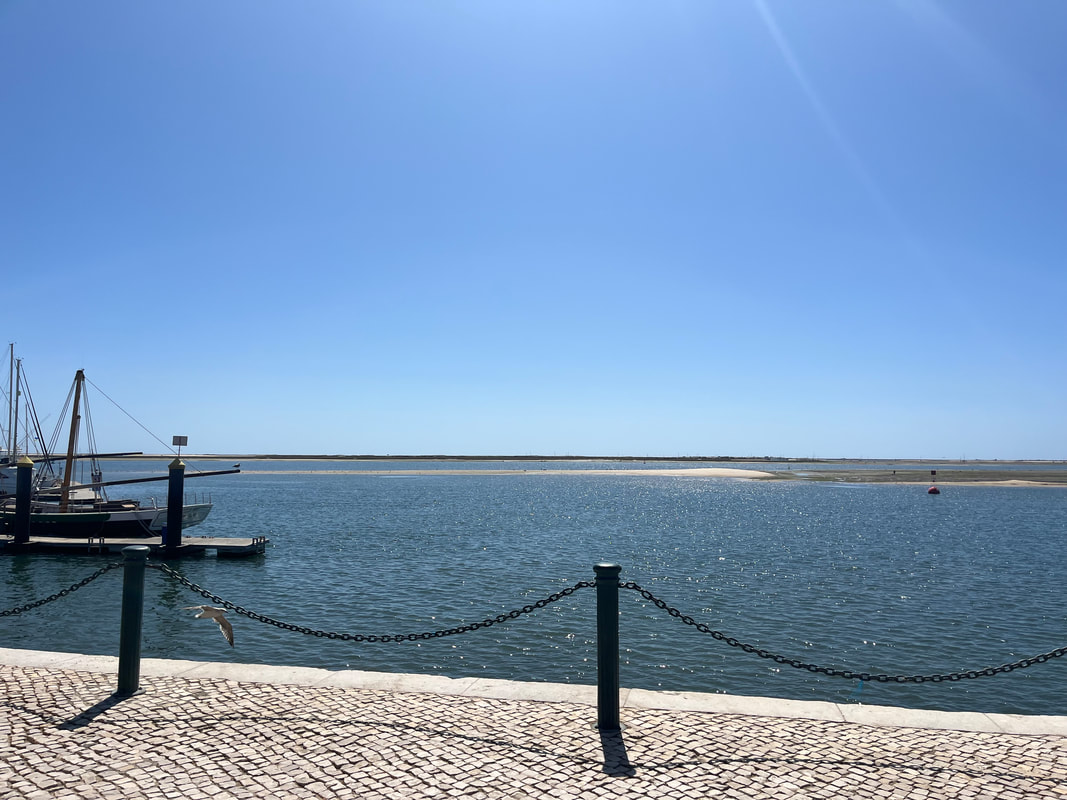
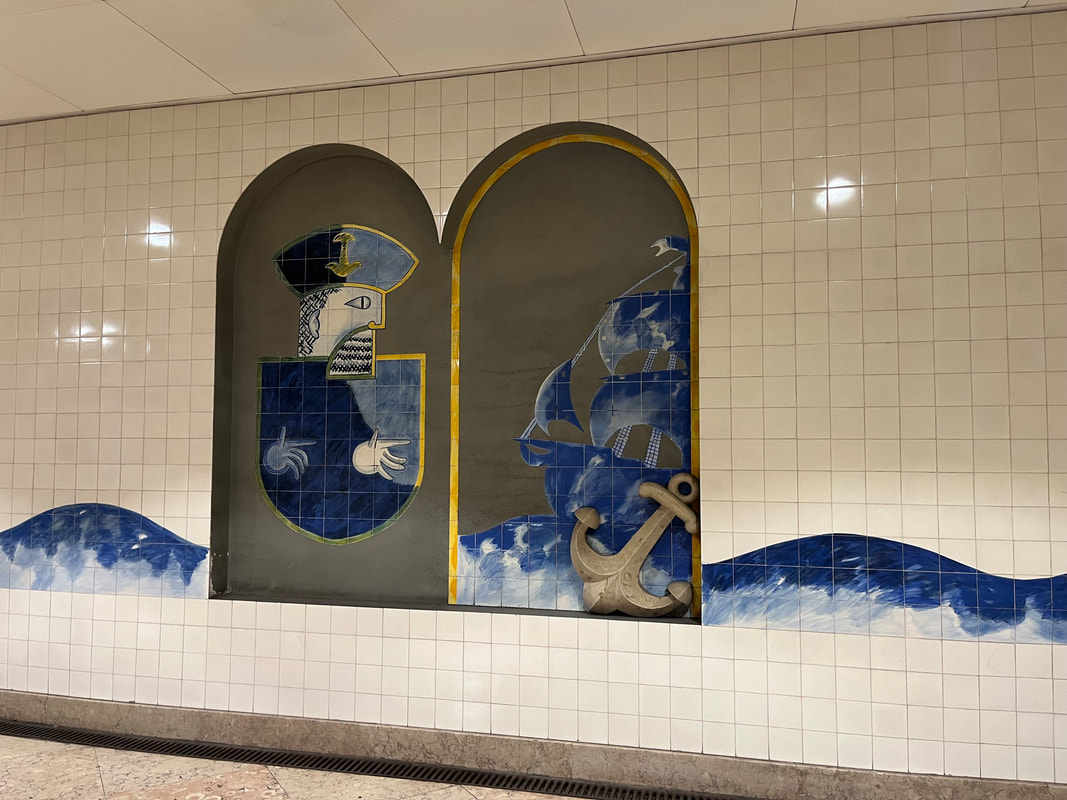
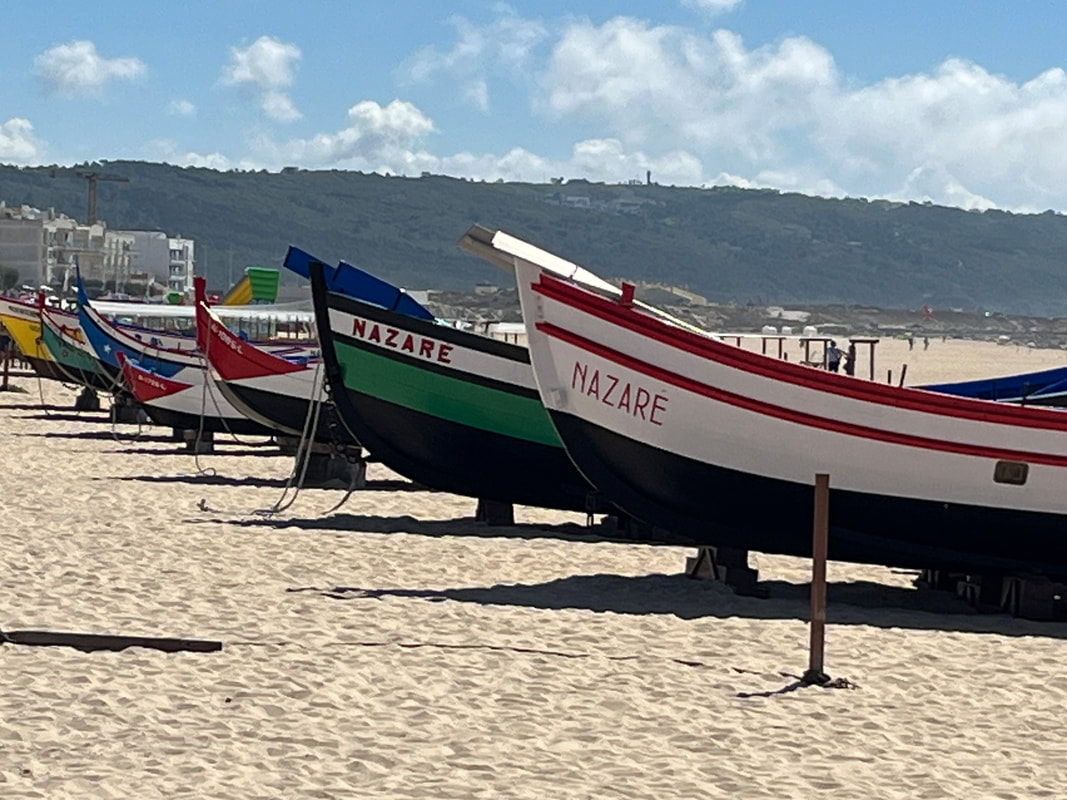
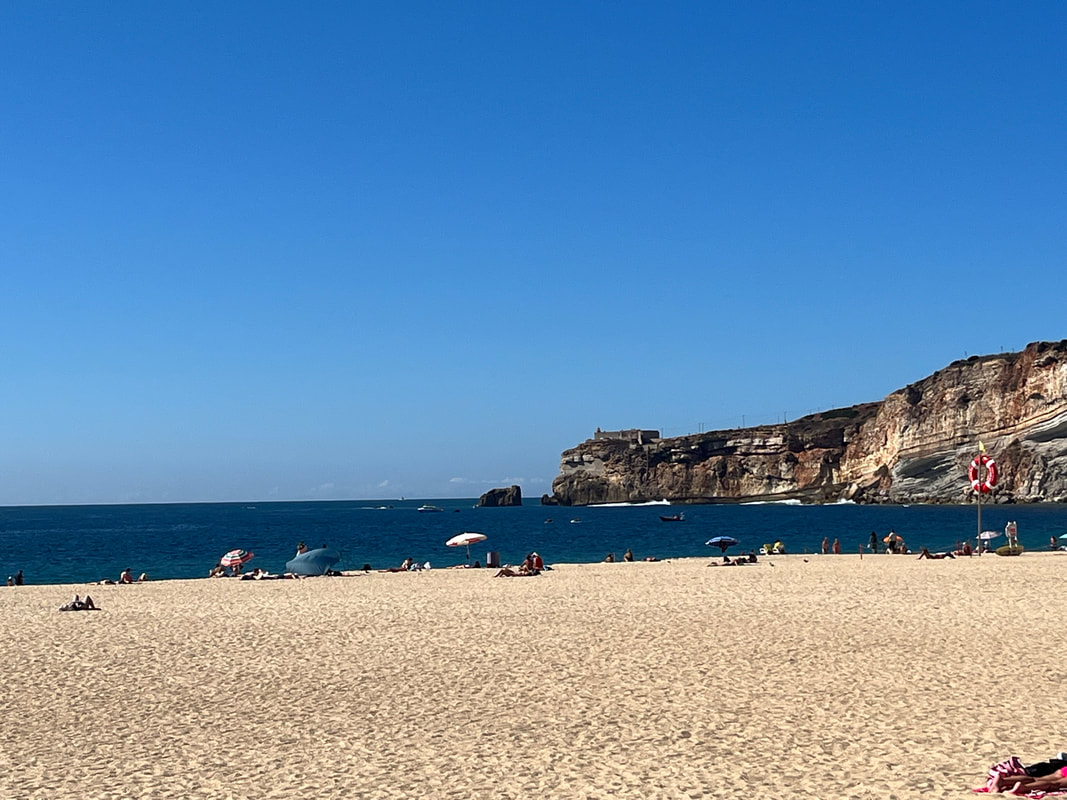
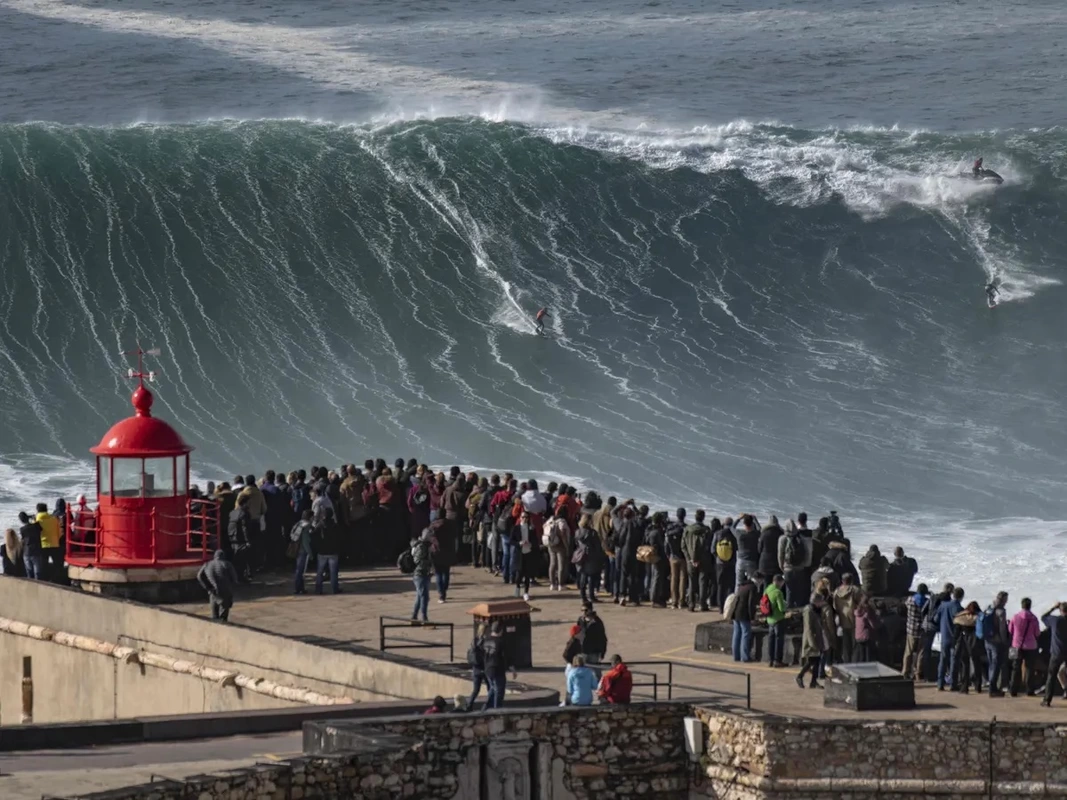
 RSS Feed
RSS Feed